From Unionwear to RoboBurger: Manufacturing, Innovation & Success on Shark Tank
Join us for an insightful conversation with Mitch Cahn, founder of Unionwear, and Audley Wilson, CEO of RoboBurger, as we explore their entrepreneurial journeys, manufacturing success, and innovation. Mitch shares how he grew Unionwear into a leading U.S. manufacturer, supplying brands like Supreme and Budweiser while reshoring textile jobs. Audley discusses RoboBurger’s rise, automation in food tech, and its Shark Tank success. We dive into industry trends, challenges, and how the business ecosystem has supported their growth. Tune in for expert insights on U.S. manufacturing, automation, and entrepreneurship.
With major events like the USA’s 250th anniversary, the World Cup, and the Olympics on the horizon, the “Made in USA” trend is expected to gain momentum. Automation and AI-driven customization will play a critical role in shaping the future of domestic manufacturing.
A collage of some celebrities seen wearing Harris-Walz hats
Billie Eilish, Finneas, Lizzo, Oprah, Katy Parry, Tim Walz, Julia Roberts, Mark Hamil, and Jennifer Lawrence all in Harris-Walz hats.
Unionwear Factory in New Jersey Becomes Key Supplier for Trump and Kamala Harris Campaign Merchandise
Unionwear, a New Jersey-based manufacturer, has experienced a significant surge in demand for its hats and caps due to recent political events. Founded by Mitch Cahn in 1992, Unionwear specializes in producing union-made, American-manufactured headwear, aligning with the values of various political campaigns.
The company’s prominence grew notably when Vice President Kamala Harris became the Democratic presidential candidate, leading to a substantial increase in orders for Harris-themed merchandise. Anticipating this shift, Cahn had prepared $50,000 worth of hats and raw materials, which paid off when Harris took the lead; the hats sold out on the first day. Since Biden’s withdrawal, Unionwear received orders for over 100,000 hats. This surge countered a slow political merchandise season earlier in the year.
The Harris-Walz campaign’s merchandise strategy has effectively leveraged internet culture to engage supporters and fundraise. Notably, the campaign’s camouflage hats, produced by Unionwear, sold out rapidly, leading to the production of over 47,000 hats and raising nearly $1.9 million. This approach underscores a shift in political merchandise towards embracing memes and cultural trends, resonating particularly with Gen Z voters who express support through fashion.
Unionwear’s ability to swiftly adapt to political shifts and cultural trends has solidified its position as a key player in the political merchandise landscape. By producing union-made, American-manufactured products, the company continues to meet the evolving demands of political campaigns and their supporters.
Unionwear Battles Made-in-China Election Merchandise Flooding US Market Amid 2024 Campaigns
The 2024 U.S. presidential election season has seen a significant influx of Chinese-manufactured campaign merchandise flooding the American market. Items such as “Make America Great Again” hats and “Kamala Harris 2024” apparel are being sold at substantially lower prices on platforms like Temu, with some hats priced under $4, compared to $40 on official campaign sites.
This surge of inexpensive imports poses challenges for U.S. manufacturers who adhere to higher labor and environmental standards, resulting in higher production costs. Ben Waxman, founder of American Roots, highlighted the difficulty in competing with the low prices of Chinese-made products, emphasizing that domestic production involves paying living wages and complying with environmental regulations.
The prevalence of these low-cost items is facilitated by the de minimis trade provision, which allows goods valued under $800 to enter the U.S. duty-free. This loophole has been exploited by Chinese sellers, leading to a market saturated with affordable election merchandise. Kim Glas, president of the National Council of Textile Organizations, noted that this exploitation has contributed to the closure of 21 domestic manufacturing operations over the past 18 months.
Both the Trump and Harris campaigns have committed to offering only U.S.-made products on their official websites. However, the vast availability of cheaper, foreign-made alternatives presents a significant challenge to these commitments, underscoring the complexities of enforcing domestic production standards in a globalized economy.
One of the American companies impacted by this influx is Unionwear, a New Jersey-based manufacturer specializing in union-made, American-made political merchandise. Unionwear has long been a key supplier for Democratic and labor-backed campaigns, producing high-quality, ethically sourced hats and apparel. However, the company faces growing competition from low-cost Chinese imports, which pose a major challenge to U.S. manufacturers that adhere to higher labor and environmental standards.
Despite these challenges, Unionwear remains committed to producing ethically sourced, union-made campaign gear, ensuring that supporters of U.S. political candidates have the option to purchase merchandise that aligns with their values. Both the Trump and Harris campaigns have pledged to sell only U.S.-made products on their official websites, but the widespread availability of foreign-made alternatives underscores the ongoing struggle for American manufacturers like Unionwear to maintain their foothold in the industry.
This situation highlights the broader issue of U.S. reliance on Chinese manufacturing and the difficulties domestic producers face in competing with low-cost imports, especially during high-demand periods like election seasons.
Unionwear Battles Made-in-China Election Merchandise Flooding US Market Amid 2024 Campaigns
The 2024 U.S. presidential election season has seen a surge of Chinese-manufactured campaign merchandise flooding the American market. Items like “Make America Great Again” hats and “Kamala Harris 2024” apparel are being sold at drastically lower prices on platforms like Temu, with some hats priced under $4—far cheaper than the $40 versions sold on official campaign sites.
One of the American companies impacted by this influx is Unionwear, a New Jersey-based manufacturer specializing in union-made, American-made political merchandise. Unionwear has long been a key supplier for Democratic and labor-backed campaigns, producing high-quality, ethically sourced hats and apparel. However, the company faces growing competition from low-cost Chinese imports, which pose a major challenge to U.S. manufacturers that adhere to higher labor and environmental standards.
Ben Waxman, founder of American Roots, echoed these concerns, emphasizing that domestic manufacturers like Unionwear must pay fair wages and comply with strict regulations, making it difficult to compete with cheap foreign alternatives. The situation is further exacerbated by the de minimis trade provision, which allows products valued under $800 to enter the U.S. duty-free—giving Chinese manufacturers an advantage in saturating the market with inexpensive election merchandise.
Despite these challenges, Unionwear remains committed to producing ethically sourced, union-made campaign gear, ensuring that supporters of U.S. political candidates have the option to purchase merchandise that aligns with their values. Both the Trump and Harris campaigns have pledged to sell only U.S.-made products on their official websites, but the widespread availability of foreign-made alternatives underscores the ongoing struggle for American manufacturers like Unionwear to maintain their foothold in the industry.
This situation highlights the broader issue of U.S. reliance on Chinese manufacturing and the difficulties faced by domestic producers in competing with low-cost imports, especially during high-demand periods like election seasons.
Unionwear’s Presidential Camo Hat Emerges as 2024’s Top-Selling Campaign Merchandise
Unionwear, a New Jersey-based manufacturer specializing in union-made, American-made hats, has seen a significant boost in business following a poor debate performance by President Biden against Donald Trump. Mitch Cahn, the owner, anticipated a surge in demand for merchandise from Kamala Harris’s campaign and prepared $50,000 worth of hats in advance. When Harris replaced Biden as the Democratic candidate, the hats quickly sold out, and Cahn received orders for over 100,000 more. The success marks a reversal from earlier in the year when political merchandise sales were low. Unionwear specializes in union-made, Made in USA hats and has a history of providing merchandise for presidential campaigns. The company’s recent success is also partially attributed to a camouflage hat inspired by Minnesota Gov. Tim Walz, which became a popular item in Harris’s campaign.
Unionwear has struck gold with its camo hat featuring neon orange lettering, now the top-selling political merchandise of 2024. Originally designed for the Harris-Walz campaign, the hat’s widespread appeal—among hunters, urban trendsetters, and younger voters—has led to record-breaking demand. Unionwear now produces 5,000 hats daily, making up 75% of its campaign merchandise output.
Founded in 1992, Unionwear transitioned from fashion manufacturing to American-made political gear, starting with Bill Clinton’s campaign. The company later supplied hats for Al Gore, John McCain, and Donald Trump, solidifying its reputation as the go-to source for union-made, U.S.-manufactured campaign products. With 160 skilled workers working overtime, Unionwear continues to lead the charge in high-quality, domestically produced political merchandise.
Could Baseball Caps Predict the 2024 US Election Winner?
Unionwear, a New Jersey-based company, has seen a surge in demand for campaign hats, including those for Kamala Harris and Donald Trump. The rise of Harris’s camo hats mirrors the popularity of Trump’s MAGA caps, with both hats selling out quickly. Mitch Cahn, Unionwear’s founder, notes the importance of political merchandise in gauging candidate support. Despite a shift in suppliers, hats remain a key part of election campaigns. Learn more about how these hats may predict the 2024 election outcome.
The popularity of campaign hats, such as Donald Trump’s MAGA hats and Kamala Harris’s camouflage caps, has surged ahead of the 2024 U.S. elections. Unionwear, a New Jersey-based manufacturer, has seen unprecedented demand for Harris’s hats, which sold out quickly. Mitch Cahn, Unionwear’s founder, links merchandise sales to candidate support, recalling how Trump’s hats predicted his 2016 victory. While Trump’s campaign now sources hats elsewhere, Unionwear remains a key player in U.S.-made political merchandise, which has grown in importance amidst rising support for domestic manufacturing.
Unionwear’s Role in Supplying Union-Made Campaign Hats for 2024 Elections
Unionwear, a New Jersey-based company known for its union-made, American-made products, plays a vital role in the production of campaign hats for major political candidates, including Donald Trump and Kamala Harris in the 2024 election. Their hats are manufactured using union labor, showcasing a commitment to supporting both the U.S. economy and workers’ rights. The company has experienced a rise in demand as political campaigns seek to align with ethical, locally produced merchandise.
Unionwear’s Role in U.S. Campaign Merchandise: How American-Made Hats Are Shaping Politics
Unionwear, a U.S.-based, union-run manufacturer, has gained attention for producing campaign hats for Kamala Harris and other political figures. The company, known for its commitment to American-made merchandise, has seen a surge in demand, reflecting a broader trend of consumers seeking ethically produced goods. Unionwear has made hats for Obama, McCain, Trump, and now Harris. Unionwear remains a key supplier for political campaigns and organizations prioritizing union labor.
NYFW 2024: Fashion Meets Politics as Harris-Walz Merch Takes Over
New York Fashion Week (NYFW) Fall 2025 showcased a dynamic blend of established designers and emerging talents, reflecting the city’s ever-evolving fashion landscape. The event, held from February 10 to 15, 2025, featured a series of standout moments, highlighting the future of fashion through bold creativity, cultural commentary, and a resurgence of classic styles.
Several unforgettable moments punctuated the week, blending fashion with activism and social commentary. From thought-provoking runway presentations to sartorial séances and political statements, the event underscored the industry’s deep engagement with broader societal issues. One particularly striking moment was the appearance of Harris-Walz merchandise, demonstrating how fashion continues to intersect with politics in meaningful ways.
As NYFW continues to evolve, it remains a powerful force in shaping global fashion trends while celebrating both innovation and tradition. A standout name in ethical fashion, Unionwear, reinforced the importance of craftsmanship, sustainability, and fair labor practices in the industry, proving that style and ethics can go hand in hand.
NYFW 2024: Fashion Meets Politics as Harris-Walz Merch Takes Over
NPR video of Unionwear Factory Goes Viral
NPR postsed a video of Unionwear sewing the Harris Walz camo caps which received over 2 million views, 100k likes, and thousands of positive comments.
See it here: https://www.instagram.com/accounts/login/?next=%2Freel%2FC_D23qUhaX-%2F&source=desktop_nav
How Unionwear Handled the Surge of Harris-Walz Merch
Mitch Cahn, president of the New Jersey-based supplier, says political hat sales can indicate the popularity of a candidate, noting that sales spiked after the Democratic presidential ticket changed.
Some say the design originated from a meme referencing popstar Chappell Roan, who sells a camo hat with orange lettering that says, “Midwest Princess.” Others say it targets rural voters who may sport camo regularly, as the former Minnesota Gov. Walz is a hunter.
Whoever the target demographic, the hat was a hit.
Cahn founded Unionwear in 1992 with six employees. One of the first orders the Made-in-the-USA manufacturer received was from Bill Clinton’s 1992 presidential campaign for 150 baseball hats.
“There was really no way for political campaigns to sell merchandise,” Cahn says, describing how political merchandise functioned more as a giveaway than a source of income in the pre-internet era. “The first time we really did substantial numbers, like six figures of units, was in 2000 with Al Gore.”
The Al Gore-Joe Lieberman ticket was the first campaign to set up an e-commerce merch website, Cahn says, and Unionwear’s hats were its primary item. Since then, the supplier has produced hats for candidates in every presidential election.
Unionwear gears up for election years. Anticipating demand for political merchandise, it tells its usual clients to avoid ordering in the summertime, updates its machinery and invests in additional employees and subcontractors.
In the early months of this campaign, Cahn says, it didn’t seem worth it.
“Sales were basically anemic,” he says. “We already decided, ‘You know what? This is not going to be a big presidential year.’”
Before President Joe Biden dropped out of the 2024 election, he was losing in his rematch with former President Donald Trump – and hat sales showed it.
Though there are nuances that can affect hat sales, like a candidate running again and people already having their merch, or a candidate taking advantage of free marketing by unofficial vendors, Cahn says he can measure the popularity of a candidate by those numbers. When Hillary Clinton was projected to win the 2016 election by a landslide, the merchandise sales didn’t match up, and Cahn wasn’t sold. (Contrast that with the high-profile popularity of Trump’s MAGA hats at the time.)
“We kept reading all the articles … that basically gave Trump no chance of winning the election, and we basically reconciled those things by saying, ‘Maybe Hillary’s supporters just don’t like baseball hats,’” Cahn says. “Turns out that was probably a pretty good indicator of how well the candidate was going to perform.”
Based on that metric, Biden was not performing well. Based on other metrics, his Democratic colleagues agreed.
Following the debate between Trump and Biden on June 28, Democrats were panicked. An increasing number of politicians called for the president to drop out, while others scolded the mutiny for not sticking by their candidate. As the chaos unfolded, Cahn hedged his bet.
“When I saw the debate, I met with the team and I said, ‘I really believe he is going to drop out of the race,’” he says. “‘If Kamala takes over, we’ll have an opportunity to sell a lot of merchandise.’”
Unionwear hit the ground running, building up inventory of blanks based on the merchandise the Harris campaign sold in 2020. When Biden officially dropped out in July, Cahn contacted distributors, campaign merchandise managers and convention groups, and orders started flowing in.
“This is a few weeks before the camo had dropped. We had already sold more merch than we anticipated selling for Biden the entire year,” Cahn says. “I didn’t think that there was going to be another kind of explosion.”
When the camo hat was released, Harris’ hat sales surged in popularity as she campaigned across the country. The numbers, Cahn says, are telling.
“They just picked a great design that resonated with a lot of people,” he says. “Baseball hats are definitely a great barometer.”
USA Today: Harris-Walz camo hat is having a moment. Could it be bigger than MAGA red?
When Kamala Harris picked up the phone and asked Tim Walz to be her running mate on Tuesday morning, Minnesota’s governor was sitting on a wicker chair in his St. Paul home wearing khakis and his customary camouflage hat.
“I would be honored, Madam Vice President,” replied Walz, a former high school football coach who hunts and fishes in his free time.
Soon, his Midwestern dad vibe was fueling social media memes comparing him to pop music star Chappell Roan, who has a “Midwest Princess” camo hat in her official merch line-up.
by Jessica Guynn and Bailey Schulz August 7, 2024
Source: https://www.usatoday.com/story/money/2024/08/07/harris-walz-camo-hat-trump-maga/74712737007/
Riffing off the memes, the Harris campaign designed and produced a prototype within hours. By that evening in Philadelphia, Walz had the soon-to-be-viral hat in hand and tweeted a photo wearing it.
The $40 Harris Walz hat – union-made by New Jersey-based manufacturer Unionwear – was an instant hit.
The initial run of 3,000 hats sold out in less than 30 minutes, and the campaign has rung up more than $1 million in hat sales since the merch dropped Tuesday. Thousands more hats are on back-order until October. Sales of the hats benefit the Harris Victory Fund.
“Is this real,” Roan wrote on X over side-by-side images of her “Midwest Princess” hat next to the new Harris-Walz camo hat.
Mitch Cahn, Unionwear’s CEO, said he has sold about 100,000 Kamala hats for the campaign, the Democratic party, the Democratic convention and other merchandisers since Harris launched her campaign on July 21.
About a quarter of those, according to Cahn, are the camo hats.
Cahn said he expected a bump in sales after Biden dropped out of the race last month. But getting “absolutely crushed with business” was a surprise.
“We are going to have to add a second shift and work weekends at least for the next two months with the demand that we anticipate,” he told USA TODAY.
Democratic presidential candidate, U.S. Vice President Kamala Harris and Democratic vice presidential nominee Minnesota Gov. Tim Walz walk out on stage together during a campaign event on August 6, 2024 in Philadelphia, Pennsylvania.
Campaigns often sell branded camo hats to appeal to red-state voters. These days, Carhartt-inspired camo has urban crossover appeal, as in vogue in New York cafes as it is on deer hunts in Minnesota. But can this upstart headpiece topple the undisputed king of campaign merch Donald Trump?
Campaign merch can generate “significant dollars,” said Bruce Newman, founding editor-in-chief of the Journal of Political Marketing and a professor of marketing at DePaul University.
Spending on promotional products during the 2024 election is expected to reach $115 million, a 34% increase from the 2020 election, according to PQ Media, a market research firm based in Stamford, Connecticut.
Get the Daily Briefing newsletter in your inbox.
The day’s top stories, from sports to movies to politics to world events.
Delivery: Daily
Your Email
“It’s definitely not at the top of the pyramid, but it pays some of the bills,” Newman said. “It’s also a marketing tool. You’re telling the world who you are and what you’ll do for them.”
A soda sip-off or an election?Tim Walz, JD Vance fight over the ‘Mountain Dew Belt’
Trump is in a class of his own when it comes to capitalizing on campaign merch, from golden sneakers to perfume. His iconic red MAGA hat is the stuff of merch legend.
Trump’s son-in-law Jared Kushner wrote in his memoir that the “Make America Great Again” hat brought in up to $80,000 a day during the 2016 presidential run, covering most of the campaign’s overhead costs.
“Trump wore the hat on his visit to the southern border, and it became the hottest thing on the internet,” Kushner wrote in “Breaking History.”
US President Donald Trump throws MAGA hats to the crowd as he holds a Make America Great Again campaign rally at Lancaster Airport in Lititz, Pennsylvania, October 26, 2020.
No one has mastered the meme-to-merch pipeline quite like the MAGA universe, which milks political highlights to market T-shirts and trinkets.
Even Trump’s scowl in his booking photo made its way onto mugs and NFTs in his campaign store. After he was taken into custody, the campaign sold bumper stickers and beverage coolers with the tagline: “NEVER SURRENDER!” Trump also sold pieces of the blue suit and red tie he wore in the mugshot.
A man wearing a “Make America Great Again” hat waits for President Donald Trump to arrive for a campaign rally at Williamsport Regional Airport on May 20, 2019, in Montoursville, Pa.
Trump campaign spokesperson Steven Cheung said the former president raised more than $4 million the day after he was booked at an Atlanta jail, at the time the highest-grossing day of the campaign.
The MAGA merchandise cottage industry roared into overdrive after Trump survived the assassination attempt at a campaign rally in Butler, Pennsylvania, hawking products featuring the bloodied but defiant former president clenching his fist.
From T-shirts emblazoned with the rallying cry “Fight! Fight! Fight!” to “You Missed” shot glasses, the merch was a hot seller online and at the Republican National Convention in Milwaukee.
“Make America Great Again” hats sit on a table during a campaign rally for former President and Republican presidential candidate Donald Trump at Sunset Park in Las Vegas, Nevada on June 9, 2024.
Will the camo hat be more than a folksy flash in the pan?
Unionwear hasn’t produced merch for the Trump campaign in the last two election cycles, but Cahn said the initial Kamala-Walz hat demand exceeds the initial demand for the MAGA hats his company made in 2016.
It’s not clear exactly how many MAGA hat sales are sold today. The Trump campaign did not immediately return a request for comment, and Cahn estimates that “most” MAGA hats are not sold by the campaign but by online and street vendors.
“Kamala has just completely taken everybody by surprise on this,” Cahn said. “We’ve seen so many units sold in such a short period of time. And as the merchandise gets out there, as more people see it, I think it’s really going to take on a life of its own.”
Inc. Magazine: Unionwear Didn’t Expect Harris-Walz Camo Hats to Go Viral. Then It Sold 25,000 of Them in 24 Hours
Mitch Cahn was prepared for a slow summer.
But when Biden dropped his bid for reelection on July 21 and endorsed Vice President Kamala Harris, the game changed. And when Harris announced Minnesota governor Tim Walz as her running mate on August 6, the tide turned entirely. Within 24 hours, the Harris-Walz campaign sold about 25,000 of the $40 camouflage baseball caps manufactured by Cahn’s Newark, New Jersey-based business, Unionwear, the entrepreneur says.
Source: https://www.inc.com/rebecca-deczynski/unionwear-didnt-expect-harris-walz-camo-hats-to-go-viral-then-it-sold-25000-in-24-hours.html
by By Rebecca Deczynski, Staff editor, Inc.
Cahn’s company, which he founded in 1992 after purchasing the assets of a bankrupt baseball cap factory, has manufactured political merchandise since its inception. In its founding year, it made 150 caps for the Clinton-Gore ticket, but that line of business didn’t really take off until 2000, when Unionwear nabbed a significant order from the Gore-Lieberman campaign. “The internet made it possible for campaigns to actually sell merchandise,” Cahn says.
In recent years, Cahn says that his company has received increased orders for senatorial and gubernatorial races. “Campaigns are raising much more money than they used to, and they have fewer places to spend it because there are a lot of bans on political advertising on social media,” he says. “So that money’s got to go somewhere. And I think that merch is one of the places the money ends up.”
Many political candidates, however, still see value in selling merch that’s both union-made and manufactured in the United States. Cahn says that Unionwear sees more sales from Democrats, but the company ultimately takes a bipartisan approach to business. “Unions traditionally voted Democrat so they have had to really play that up and make sure all of their merchandise was union-made,” he says. “Whereas Republicans did not specifically request union-made merchandise, although we are seeing that for the first time this year.”
Unionwear is not currently manufacturing any merch for the Trump-Vance campaign, though the company did make merch for the 2016 Trump campaign. Cahn estimates that “tens of thousands of vendors and embroidery shops” have manufactured former president Trump’s “Make America Great Again” hat since then. “The Trump campaign has allowed people to do whatever they want to get the logo and the color out there,” he says.
Unionwear doesn’t mix politics with business. “If we were a restaurant, no one would ask me if we allowed both Democrats and Republicans to eat here,” Cahn says. “We can’t discriminate against anyone who wants to buy merchandise.”
And this time around, supporters of the Harris-Walz ticket really want to buy merch.
After the June 27 debate between Biden and Trump, Cahn had an inkling that the former would eventually step down from the Democratic ticket. “That’s when we started to prepare for a potential surge in orders,” he says. The company shifted some of its production deadlines from September to October to free up capacity and made thousands of baseball caps that were ready to be embroidered; if necessary, the company could outsource that part of production to other embroidery shops to accommodate a surge.
For a typical presidential campaign year, Unionwear anticipates selling 2,000 hats a day–a rate that Cahn says Harris has surpassed. Sales of Harris-Walz merchandise have outpaced projections, he adds, but the real viral hit is the campaign’s camouflage hat, with the running mates’ names inscribed in orange.
“We were not anticipating a camouflage hat,” Cahn says. “I don’t know if they were either.” The design isn’t unfamiliar to Unionwear–the company has manufactured similar hats for hunting organizations and labor unions–but it captures a diverse demographic. The design is a play on traditional hunting gear, but for those in the know, it’s also a reference to a similar hat currently sold by the 26-year-old Missouri native popstar Chappell Roan, who has skyrocketed in popularity in recent months and, this weekend, drew the largest crowd in Lollapalooza history, a spokesperson for the music festival told CNN.
After seeing Walz in a camouflage hat on Tuesday–in the video Harris posted of the governor accepting his position as her running mate–the Harris-Walz campaign design team conceptualized the camo hat by around noon that day and developed prototypes by 1:30 p.m., Fast Company reported.
Cahn says that Unionwear messengered a camouflage Harris-Walz hat to Philadelphia–ostensibly the one that Walz himself was photographed wearing Tuesday evening–and the company prepared samples to be shot for the campaign’s website. Since Tuesday, several others, including Walz’s daughter Hope, and members of the band Bon Iver, which performed at the Harris-Walz Wisconsin rally Wednesday, have sported the design.
The hat’s original run of 3,000 hats sold out in 30 minutes, according to the campaign, and now the product is currently on preorder, with an expected ship date of October 14. In spite of the wait time, customers are still placing orders.
Unionwear’s Harris-Walz Camo Hats Go Viral, Selling 25,000 Units in 24 Hours
Unionwear, a Newark, New Jersey-based manufacturer specializing in union-made apparel and accessories, saw an unprecedented surge in demand following the viral success of its Harris-Walz camouflage baseball caps. The hats, priced at $40, became a surprise sensation after Vice President Kamala Harris announced Minnesota Governor Tim Walz as her running mate on August 6, 2024. Within just 24 hours, the campaign had sold approximately 25,000 units, signaling a powerful fusion of political enthusiasm and consumer interest in American-made, union-produced merchandise.
Founded in 1992 by Mitch Cahn, Unionwear has built a strong reputation as a supplier of high-quality, ethically produced political merchandise. The company first made its mark on the political scene by producing Clinton-Gore campaign caps, later expanding to create products for several presidential campaigns, including Obama-Biden, Clinton-Kaine, Trump-Pence, and Biden-Harris. Operating out of a 70,000-square-foot facility, the company employs about 180 unionized workers under SEIU representation, reinforcing its commitment to fair labor practices and domestic manufacturing.
The viral success of the Harris-Walz camo hats highlights an evolving trend in political merchandising—where supporters are not only seeking stylish campaign gear but also prioritizing union-made and American-manufactured products. As Unionwear continues to navigate the intersection of politics, fashion, and ethical production, this moment solidifies its position as a leader in high-quality, made-in-USA campaign merchandise.
Promo Industry Expects Boon After Biden Exits Race
President Joe Biden’s decision to drop out of the 2024 presidential race has caused a ripple effect in the promotional products industry.
After selling “virtually no Biden merchandise” this year, Unionwear President Mitch Cahn says the Newark, New Jersey-based supplier’s entire inventory was cleaned out on Monday morning by the two companies that primarily handle the Democratic Party’s promotional products.
PPAI NEWS MEDIA / by John Corrigan July 24, 2024
“We had already written off the 2024 merch business, so this is definitely a shot in the arm,” Cahn says. “We assumed something was going to happen with Biden dropping out, but I didn’t expect it to happen so fast. I guess they’re really preparing for a big merch push for [Vice President Kamala] Harris.”
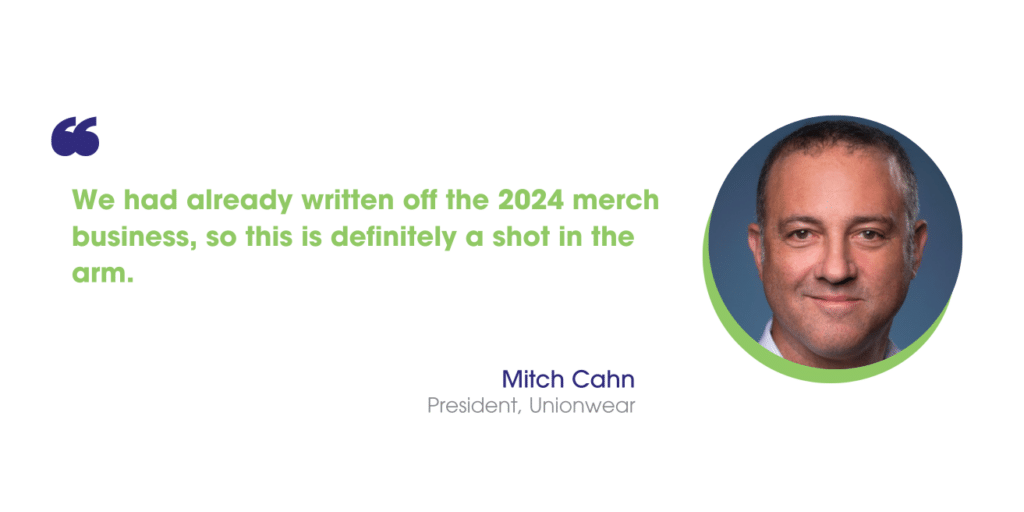
Shortly after tweeting a signed letter announcing the suspension of his campaign, Biden tweeted his endorsement of Harris, who has launched her own campaign and has secured enough delegates to become the presumptive 2024 Democratic nominee, ABC News reported.
- Non-profit fundraising platform ActBlue announced that grassroots supporters had raised $46.7 million by 9 p.m. EST on Sunday following Harris’ campaign launch.
Promo’s Quick Response
Considering the breakneck pace of the promo industry, it should come as no surprise that distributors began cancelling orders for Biden-Harris merch immediately following Biden’s announcement, according to Cindy Scardino, marketing project manager at Gill Studios – the No. 26 supplier in the PPAI 100.
- The Kansas-based firm specializes in lawn signs, bumper stickers and other promo products in high demand during election season.
“We haven’t received any Harris-only orders at this time; the news is too fresh in the grand scheme of things of what’s to come in the next three-plus months,” Scardino says. “I imagine once the Democratic Party has a consistent direction, the orders will begin flowing into our union production facility.”
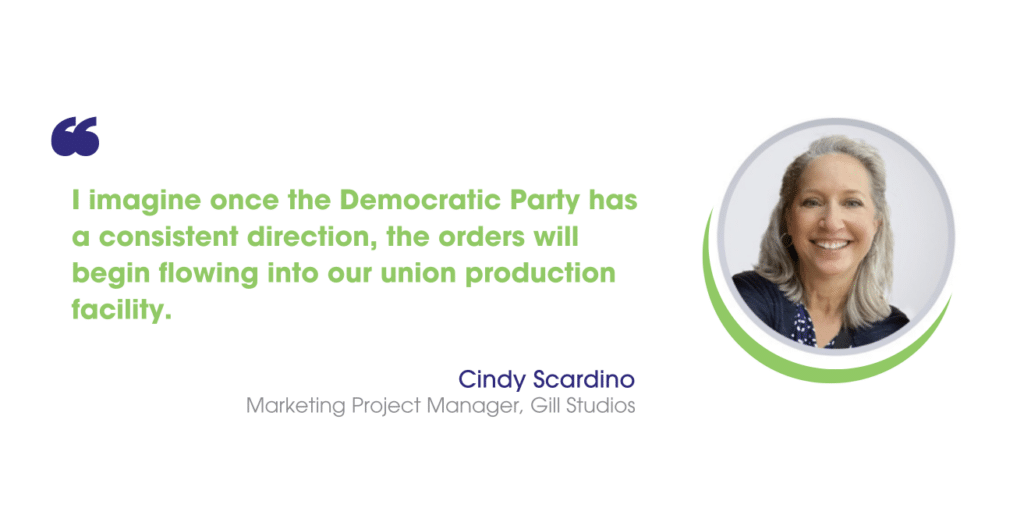
Another Made-in-the-USA and union shop, Unionwear has been manufacturing campaign merchandise for candidates of both parties for more than 30 years. While Biden’s merch sales in 2020 were “fantastic,” Cahn says they were basically nonexistent during this election season. That may have been related to him being (at the time) the incumbent, as former President Barack Obama’s merch sales “went down considerably” from 2008 to 2012, according to Cahn.
“The political merch business is very heavy with print on demand, which really started growing in the 2020 primaries when there were so many Democratic candidates,” Cahn says. “This year, there has been a lot of blank merchandise in the print on demand business because there really weren’t any primaries. They stocked up in the beginning of the year, and now these guys are sitting on a lot of blank units.”
- Cahn says this is also the third presidential election in a row where baseball caps are by far the most sought-after item, outpacing T-shirts and bags.
Cahn added there’s a lot of attention being paid to unions this election cycle because there’s a strong possibility that the International Brotherhood of Teamsters, one of the largest and most powerful labor unions in North America, could break from tradition and endorse a Republican candidate.
- Sean O’Brien, the head of the Teamsters, spoke at the 2024 Republican National Convention in a historic first for the labor organization.
“We’ve seen a lot of merch companies saying it has to be union-labeled and union-printed,” Cahn says. “We’ve even had requests from the Republican side for that.”
From https://www.ppai.org/media-hub/promo-industry-expects-boon-after-biden-exits-race/
NJBiz Conversations with Unionwear: Perfect Storm for USA Made
In a recent in-depth interview with Jeffrey Kanige for NJBiz Conversations Podcast, Unionwear founder and president Mitch Cahn shared valuable insights into various aspects of his company. Unionwear manufactures baseball hats, bags, and thousands of other accessories for businesses, government organizations, and industries that value Made in USA products.
Here are five expanded key takeaways from the engaging conversation:
The Importance of Made in USA Products: Unionwear emphasizes the significance of manufacturing products right at their Newark facility, ensuring every item they produce carries the Made in USA label. This commitment to quality and integrity holds immense importance for their diverse clientele, which includes political campaigns, military organizations, and major American brands like GM and Budweiser.
Business Decisions vs. Patriotism: While Cahn admits that patriotism alone doesn’t drive the sales of Made in USA products, businesses choose Unionwear because they appreciate the company’s alignment with their own branding goals. Clients want to convey that they support the US economy and American workers, which Unionwear’s products express effectively.
Embracing Automation for Growth: Unionwear is actively integrating AI and robotic solutions to enhance their manufacturing processes and remain cost-competitive. With the help of NJEDA’s Manufacturing Voucher Program (MVP) grant, the company plans to install the first fully automated tote bag production line in North America by 2024. This forward-thinking approach ensures that Unionwear stays ahead in the industry while adapting to new technology-driven trends.
Reshoring and Manufacturing in New Jersey: Cahn acknowledges the challenges of running a union shop in New Jersey due to high costs, but he remains positive about the benefits offered by the state’s infrastructure. The population density, skilled workforce, and access to ports make New Jersey an ideal business location for Unionwear. Moreover, Cahn points out that the company has managed to capitalize on supply chain disruptions and leverage New Jersey’s robust infrastructure to maintain a competitive edge.
The Perfect Storm for Made in USA Products in the Next Five Years: Cahn is optimistic about the growth potential for Unionwear’s Made in USA merchandise, particularly over the next five years, describing it as a “perfect storm” for the company. Besides the 2024 election year driving demand for their products, Unionwear will benefit from other significant events, such as the 250th birthday celebration of the United States, the World Cup coming to New Jersey, and the Olympic Games in Los Angeles. These events are expected to bolster the popularity of Made in USA products, presenting ample opportunities for Unionwear to thrive and expand.
Overall, Unionwear’s commitment to producing high-quality, Made in USA goods, combined with its willingness to invest in advanced technologies and adapt to market trends, positions the company well for continued success in the years ahead.
Unions’ Rising Political Influence Shaping Campaign Strategy
As we approach the 2024 presidential election, labor unions are becoming an increasingly important factor in shaping the political landscape. Union membership may have declined from its peak of 35% in the 1950s to 11% today, but support for unions is growing and their political clout is on the rise.
Public opinion on unions remains relatively high, with 67% of Americans approving of labor unions according to Gallup polling data. This support, despite the decline in union membership, suggests that people recognize the value of unions in advocating for workers’ rights and benefits.
Interestingly, there is a significant difference between Democrats and Republicans when it comes to their views on unions. A striking 88% of Democrats approve of unions, while 47% of Republicans do so. The considerable support from the Republican base hints at a shift towards a more populist approach on labor issues and a break from traditional party lines.
High-profile strikes have also played a role in shaping public opinion and the political environment. Examples include the United Auto Workers Union and the Screenwriters and Actors Guilds. These strikes provide opportunities for political figures to align themselves with workers’ rights, potentially swaying voter opinions in their favor.
Recent gains in organizing have also contributed to the influence of Unions, with the UAW just winning its first criticial election for Volkswagen in Tennessee.
With the increasing support for unions and their growing presence in high-profile labor disputes, the impact on the 2024 presidential election is set to be significant. Candidates from both parties may choose to align their platforms with labor rights in order to appeal to this broad base of Americans who view unions favorably.
Three of the six critical battleground states–Michigan, Nevada, and Pennsylvania, have among the highest percentages of union members. But this does not necessarily mean Democrats are guaranteed victory, as Republicans are chasing union approval, with several national unions reluctant to back President Biden yet.
Labor issues could be a critical battleground with strong potential for bipartisan appeal. As the focus on economic concerns such as wage increases, retirement benefits, and working conditions resonates with voters’ experiences, labor rights may be a pivotal issue in the upcoming election.
In conclusion, while union membership may be shrinking, the influence of unions on the political landscape is growing. As the 2024 presidential election approaches, the support for unions and labor rights is likely to significantly shape candidates’ platforms, campaign strategies, and voter mobilization efforts, highlighting the enduring importance of labor unions in American political and social life.
The President’s Choice: Joe Biden Loves Unionwear Hats
Joe Biden has made a point of highlighting products made in the USA. One such example is Unionwear, a brand passionate about delivering high-quality and durable baseball caps and sewn bags, with a focus on supporting the American workforce and local communities. The President has clearly taken notice, as he’s been spotted proudly sporting various Unionwear hats on multiple occasions.
It’s no surprise to see our Commander-in-Chief favoring Unionwear hats, showcasing some of the finest work that American craftsmanship has to offer. Biden has been spotted in four different Unionwear models within the past year, including the UAW hat, the Beau Biden Foundation hat, and two distinct commander-in-chief hats. Unionwear is truly honored to have the leader of the free world modeling their American-made products.
This spotlight on Unionwear proves that when it comes to quality, durability, and versatility, choosing homegrown products can make all the difference. Despite facing challenges and an ever-evolving market, Unionwear’s unwavering commitment to excellence sets them apart from the competition. Their dedication to supporting the American dream, both for their workers and consumers, has caught the attention of none other than President Biden himself.
Embrace the Unionwear difference today and join the prestigious ranks of those who wear these authentic, straightforward, and resourceful American-made products. If it’s good enough for the President, it’s good enough for all who believe in the industrious and patriotic spirit of America.
’24 Republican Primaries: How Poor Merch Hurt Candidates
Now that the Republican Primary Season is over, it’s time to make a case that losing candidates were disadvantaged by poor merchandise. Looking at reviews of the Republican primary candidates’ merchandise, it’s evident that the mistakes they made were fatal to their campaigns.
Retail politics has evolved significantly in recent years thanks to the rise of technology. Candidates now use customized merchandise to elicit small-dollar donations, engage with supporters, and trial how they market themselves and gauge public response. Campaign store offerings have become tailored and designed to appeal to popular conversations on social media platforms like Instagram, Twitter, and TikTok.
Merchandise not only generates income and garners support but also provides valuable information to candidates about what resonates with voters and helps them adjust their messaging accordingly. However, a problem has emerged with the creation process. The WinRed platform, which is used by most Republican candidates, offers free storefronts for them. While this is helpful in providing easy access to design, source, produce, and distribute merchandise, it does have one significant drawback: all of the stores powered by WinRed look almost identical.
The result is a lack of distinction between candidates, which may go unnoticed by those who have already decided on their preferred candidate. However, for undecided voters shopping around for a candidate, this similarity could create confusion and impede their decision-making process.
It appears that losing candidates might have missed the opportunity to capitalize on the power of merchandise in their campaigns [1] [2]. The ineffective use of the WinRed platform and their failure to stand out from the crowd in their online merch stores seems to have been detrimental. Whether they underestimated the importance of tailored and visually appealing merchandise or simply made poor strategic decisions, it is evident that candidates must pay more attention to their merch game if they want to succeed in the ever-evolving political landscape.
Union T-Shirts and Hats Become 2024’s Unlikeliest Fashion Trend
“The regular guy look”… a joke from the Rodney Dangerfield movie “Easy Money”, has come to life in California. One trend that has seemingly come out of nowhere is the donning of union T-shirts and hats, thanks largely to surging favorability ratings of unions and the visibility of thousands of movie stars and celebrities wearing union logo gear.
A New York Times article described Neil Gaiman, the best-selling writer of “The Sandman” and “Coraline,” wore a black T-shirt nearly every day for the past 36 years before switching to a red T-shirt in support of the Writers Guild of America (W.G.A.) strike. The W.G.A. went on strike in early May after failing to reach an agreement with Hollywood producers on a new contract, including compensation for work on streaming services and the use of artificial intelligence. The strike saw heavy involvement from creative workers in New York and Los Angeles, contributing to the widespread visibility of T-shirts advertising support for the W.G.A. and other creative workers’ labor unions.
As the strike dragged on, more and more celebrities donned union paraphernalia in solidarity with striking workers. This visibility, combined with the public’s increasing support for unions, has solidified union T-shirts and hats as the hot fashion statement for 2024.
Wearing matching union gear, such as T-shirts and hats, on the picket lines and beyond has helped project an aura of solidarity and visually represent the strength in numbers and collective power that unions embody. Furthermore, various online retailers, such as WGAStrikeShirts.com, have emerged to sell W.G.A. and SAG-AFTRA strike paraphernalia, with proceeds going to the Entertainment Community Fund, a charity that supports the entertainment industry workers. As a result, these garments not only serve as a fashion statement, but also as a means of financially supporting the workers they represent.
As we approach the 2024 presidential election, labor unions will become an increasingly important factor in shaping the political landscape. With public opinion on unions remaining relatively high, it is clear that people recognize the value of unions in advocating for workers’ rights and benefits. Unions are estimated to spent over $800 million on the 2024 election, much of it on giveaway merch designed to demonstrate their political clout. For the first time Unions are being courted by both Democrats and Republicans for their support.
In conclusion, wearing union T-shirts and hats is not only a trendy fashion statement but also a powerful symbol of support for workers’ rights and the labor movement at large. As public opinion continues to favor unions and their importance in the political landscape, the popularity of union logo wear will only rise further, making it a lasting fashion statement for years to come.
Unionwear enjoyed bipartisan support before made in USA was a thing
Every so often, we come across a story that causes us to reflect on how far ahead of the curve Unionwear has always been when it comes to creating American jobs.
Recently, we came across a story from 2015 in Slate Magazine on how our 100% made in USA manufacturing facility has changed America’s presidential campaigns, and how every candidate has to buy made in America products. Democrats and Republicans both agree that good-paying American manufacturing jobs have been disappearing for decades and that bringing jobs back to the US needs to be a priority. And, since the pandemic, both parties agree that reshoring PPE and pharmaceuticals are an urgent national security issue, not just a campaign slogan.
Unionwear has been a unionized manufacturer since 1992, and we have always supported creating good-paying American manufacturing jobs. Let’s hope the politicians in Washington get to work bringing jobs +back to the US and not just using made in America as a once-every-four-years campaign slogan.
#govote #elections2020 #madeinusa #americanmade #promogoods
The Joe Biden campaign is using Unionwear branded hats
We are the primary brand chosen by political campaigns. Here are the details:
“JOE” on Navy, 100% cotton baseball cap with size-adjustable back strap.
Purchase is a donation to Biden Victory Fund.
Orders ship within 10 days.
Union Made and Made-In-USA.
To view and purchase, please click HERE
NJBIZ: Manufacturers grateful for federal help, worried about the future
A group of business owners and executives told state legislators June 10 that federal loans provided crucial assistance in the early days of the COVID-19 lockdown, but said they are worried about the state’s business climate and what will happen when the funds run out if the economy does not recover quickly.
“I pushed the button to upload my documents one second after the loans were available,” said Gary Fails, the president of Carlstadt-based City Theatrical Inc. “We were among the first companies to get funding.”
The loans enabled the company to retain all of its employees, but, he noted “as one of the first companies to get funding, we’re also one of the first companies to have the funds run out.” City Theatrical produces lighting products and accessories for live events, a business that is unlikely to return this year. “Broadway shut down and our business disappeared and our sales dropped by 90 percent, Fails said.
Fails’ comments, along with those of other owners and executives, came during an online hearing convened by the bipartisan state Legislative Manufacturing Caucus and the New Jersey Manufacturing Extension program.
While some executives described problems getting loans from the federal Paycheck Protection Program they were eventually resolved and allowed them to keep employees on staff.
Newark-based UnionWear usually makes promotional hats and other apparel, but pivoted to producing personal protection equipment when the COVID-19 outbreak hit. “In early March, we were about to have our greatest year ever,” said company President Mitch Cahn. UnionWear had orders to make products for presidential election campaigns and for Olympic athletes.
The PPP loans, Cahn said, allowed him to offer hazard pay to workers. He was able to offer a “significant bonus to convince people to come back to work.”
When a worker at Newark-based ZaGo Manufacturing Co. contracted COVID-19, the company was able to allow him and everyone he had contact with to be away from work for a month, thanks to PPP funds. “Our employees knew that that if they were exposed, they wouldn’t be hurt economically,” explained Gail Friedberg Rottenstrich, ZaGo’s CEO. The company makes self-sealing screws, nuts and bolts.
Cahn also raised an issue that many of his peers echoed: the regulatory environment in New Jersey. He said UnionWear did not get any orders from New Jersey for its PPE because the state did not override the need for approval from the Food and Drug Administration, an action other jurisdictions have taken. “We work with Detroit and Los Angeles, but nothing locally,” Cahn said.
Several lawmakers on the call, including Manufacturing Caucus co-chair Sen. Linda Greenstein, D-14th District, vowed that the Legislature would examine the issue.
Social distancing rules could also pose problems in a state where expanding structures can often be expensive and time-consuming. Marotta Controls CEO Patrick Marotta, told the lawmakers that in preparing his most recent budget, he planned to squeeze more employees into the company’s existing space. “That’s completely out the window,” he said.
The Montville-based maker of electronic components for the military owns 25 acres of land, but cannot add another building because of Highlands Council rules. So Marotta is trying to find a second location and is “looking at New Jersey restrictions as opposed to restrictions in other states.”
While the participants in the call generally praised the government response to the pandemic, many are concerned about what the recovery might look like. As Dax Strohmeyer, president of Triangle Manufacturing Co. Inc., put it: “If the demand isn’t there, it doesn’t matter if you can stay open.” The Upper Saddle River-based company is a contract manufacturer of medical devices and its business was hurt by the prohibition on elective surgical procedures imposed in March. Gov. Phil Murphy ended the ban effective May 26, though some limitations remain in place.
Strohmeyer is concerned that when his PPP funds are exhausted, he may be “in the tough position of furloughing and laying off people to realign our costs and revenue.” He added that when demand does return, he won’t easily be able to bring qualified workers back.
All of the owners and executives heaped praise on the NJMEP and CEO John Kennedy for providing essential guidance on reopening and interpretation of government mandates.
Source: NJBIZ.com
Unionwear is the merchandise provider of choice for Trump, Biden and others
Unionwear in Newark, NJ made hats for the Warren, Bloomberg and Trump campaigns. Mitch Cahn, CEO of Unionwear, has been overflowing with orders of merch. Before the Coronavirus pandemic, the factory had been making election swag for both parties since 1992.
“I want to make sure that people have a way to speak freely and use our products to get their messages across,” said Cahn. “Some will appeal to young people, some will appeal to women, some will appeal to old white men.”
Before the Coronavirus hit, Unionwear was making between 2000-3000 hats in a single day. The factory orders usually come from agencies working with campaigns or candidate-supporting groups. That’s because political campaigns often want to hire US-based businesses for their merch.
The 2016 election was also a busy season.
Cahn continues: “The one time we saw a very surprising spike was with the original ‘Make America Great Again’ hat. The demand overwhelmed the supply. There are only a handful of factories [that could produce these] in the United States working on that hat for Trump.”
This sort of swag often doubles as campaign contributions, and it adds up. The Trump campaign sold more than $20m worth of merchandise between 2016 and 2018.
But not all campaigns make money on merch. Mike Bloomberg did not make money on his hats. He funded his run out of his own pocket.
Political swag is as old as the Presidency itself. Buttons bearing George Washington’s initials were sold at his first inauguration in 1789. But the business really took off in the mid-90s, when Mitch was just getting started.
“When the Internet came around and e-commerce became more viable, we got into the political market in a big way,” Cahn commented. But it wasn’t always easy. “All of our clients had moved overseas. And then we were left with a baseball hat factory and a lot of employees, and not a lot of places to get business from.”
Mitch had to transform the company, but he didn’t have to look far. He began selling to unions, who were looking to buy from Unionized businesses like his. He also began selling to military agencies, some of which are required to buy US-made goods.
Then came the political campaigns.
“The first order we got was a small order for the Bill Clinton campaign and was maybe 150 hats. Our first big break was with the Al Gore campaign [in 2000.] We sold probably more hats than we ever sold for any one particular client before. It was probably 200,000 hats overall.”
But having lots of swag may not translate into lots of votes, especially in 2020.
“The candidate that ordered the largest amount dropped out of the race early, Andrew Yang. That was definitely the most hats we’ve sold in this election cycle.”
Yang’s campaign sold more than 30,000 “Make Americans Think Harder” hats, which made up about $1.2 million of campaign revenue and are still for sale on his website.
And, what does Unionwear do with its merchandise once a candidate drops out?
“We have this down to a science. We are producing in small batches. Someone would have to drop out unexpectedly for us to get stuck with anything.”
Business Insider: Presidential candidates buy hats from Unionwear for three primary reasons
Before the Covid-19 crisis, Unionwear CEO Mitch Cahn spent the past 28 years supplying hats to a wide variety of clients. Being one of the only unionized, domestic manufacturers of hats and other items, Mitch has found a significant advantage in providing swag to organizations that purchase products that are made in the USA. These groups include labor unions, some military organizations, and especially Presidential campaigns.
Presidential candidates buy hats from Unionwear for three primary reasons:
1- Candidates are eager to show off their commitment to American job creation
2- Some candidates, such as Donald Trump and Andrew Yang, earn a profit off of selling their hats, providing much-needed financing to their campaigns
3- Unionwear’s prices are not significantly higher than those made overseas, thanks to their commitment to lean manufacturing and just-in-time ordering. This also means there are almost never leftover hats, even if a candidate drops out of the race suddenly
How did Unionwear get started selling merchandise to candidates as diverse as Al Gore, Donald Trump, Mike Bloomberg, and Andrew Yang?
After making a whopping 150 hats to Bill Clinton’s re-election campaign, their big break came from Al Gore’s 2000 presidential run, where he sold an estimated 200,000 hats. He has made hats for nearly every presidential candidate since.
“The candidate that ordered the largest amount dropped out of the [2020] race early, Andrew Yang. That was definitely the most hats we’ve sold in this election cycle,” said Cahn.
Yang’s campaign sold more than 30,000 “Make Americans Think Harder” hats, which made up about $1.2 million of campaign revenue and are still for sale on his website.
“I want to make sure that people have a way to speak freely and use our products to get their messages across. Some will appeal to young people, some will appeal to women, some will appeal to old white men,” Cahn said.
Although currently manufacturing face shields and washable gowns for first responders, Unionwear is still taking orders for hats and other apparel. This crisis won’t last forever, but Unionwear plans on being around for a long time afterward.
2020 vision: Candidates who want ‘Made in USA’ hats can call Unionwear — but there’s more to business than slogans
No matter whose team you’re on, there’s money to be made in presidential campaign-branded baseball caps — epitomized by those red “Make America Great Again” hats.
And Unionwear is one of the few companies in the running for that profit.
Mitch Cahn, president of the 180-person manufacturing team in Newark, says there are not a lot of textile products such as hats being made in the United States in general today — most of the work has gone to China or other emerging economies.
But, certain customers need to send the right message by choosing U.S. manufacturers for merchandise. That includes any would-be commander-in-chief.
Read more here
ACG Global: Mitch Cahn discusses winning ACG New Jersey’s Corporate Growth Award
In the latest installment of ACG Global’s At Home with the Middle Market, Unionwear’s President, Mitch Cahn, discusses why Unionwear won ACG New Jersey’s Corporate Growth Award (1:15) and their experience being a union shop (2:55).
Mitch explains how Unionwear was able to participate in the PPP due to some assistance from the Newark Mayor and Invest Newark (9:48), how they’re able to grow by purchasing the assets of bankrupt textile businesses (11:32), and more.
Business Insider: The Same Factory Makes Hats for Trump, Biden, and Bernie
Donald Trump and Bernie Sanders aren’t exactly close on the political spectrum.
But at the Unionwear hat factory in Newark, New Jersey, they’re side by side.
Unionwear has been making campaign merchandise for US presidential candidates for nearly three decades.
The company caters to both Republican and Democratic candidates of all political stripes. This election cycle, the company has made campaign hats for Trump, Sanders, Joe Biden, Michael Bloomberg, and Elizabeth Warren, among other candidates.
Garment worker Maria Gallardo expressed a common sentiment: “We have to make money for our families, whether we agree or disagree with their message,” she said.
This year’s crowded field of candidates has been good for business. Cahn said Unionwear makes between 2,000 and 3,000 hats in a single day, with most orders coming from campaign-affiliated agencies or groups of supporters.
The 2016 election cycle was a particularly busy time for the company — Cahn said the company was surprised by demand for Trump’s famous “Make America Great Again” hats.
“Demand overwhelmed the supply,” he said. “And there are only a handful of factories in the United States. Everyone was working on that hat for Trump.”
Political campaigns often prefer merchandise companies that are based in the US, making Unionwear a go-to option.
Yet the candidate it’s provided the most merch for isn’t Trump, or Sanders, or even Bloomberg and his seemingly endless campaign budget.
That honor would go to Andrew Yang, the Democratic entrepreneur who dropped out of the race in February. Unionwear made many of the 30,000 “MATH” hats — that’s “Make America Think Harder — that Yang sold during his longshot presidential bid.
Its first political hats were for Bill Clinton’s 1992 campaign.
Political swag is at least as old as the presidency itself — buttons bearing George Washington’s initials were sold at his first inauguration in 1789.
But the merch business really took off in the mid-1990s, when Cahn was just getting started with Unionwear.
Cahn started the business in 1992. His initial attempts to sell to high-end clients like Neiman Marcus and Ralph Lauren were successful but short lived when the garment industry started to migrate to China en masse in 1994.
“We were left with a baseball hat factory and a lot of employees,” he said. “And not a lot of places to get business from.”
He didn’t have to look far for new clients, though. He began selling to American unions, which were looking for products made by unionized businesses like his. He also began selling to military agencies, some of which are required to buy US-made products.
Then came the political campaigns, starting with a small order of 150 hats for Bill Clinton’s first presidential campaign in 1992. But Cahn said business didn’t really take off until Al Gore, then vice president, ran for president in 2000.
“We sold probably more hats than we had ever sold for any one particular client,” Cahn said. “It was probably 200,000 hats overall.”
All of Unionwear’s production takes place at its New Jersey plant. That makes the company an attractive option for political campaigns, who often want to hire US-based companies to make their merchandise.
Unionwear contributes to a multibillion-dollar political marketing industry. Campaign managers and political strategists are increasingly looking to merchandise like hats and other apparel as powerful branding tools, according to New York magazine. Trump’s campaign alone has made $45 million off his “MAGA” merchandise.
So what happens to Unionwear’s supply of hats once a candidate drops out, like Democrats Klobuchar and Pete Buttigieg did recently?
“We have this down to a science. We are producing in small batches,” Cahn said. “Someone would have to drop out really unexpectedly for us to get stuck with anything.”
Fox: Merch Madness-Trump and Dems Use Same NJ Hat Factory
Fox News’ Alex Hogan reports from Unionwear where nearly every candidate for the 2020 presidential election has chosen to manufacture hats and bags. Candidates choose made in USA products for their campaigns to demonstrate their support for the American worker and domestic economy.
ABC: What do Trump, Bernie, Biden Share?
Despite all of the political differences between republicans and democrats, both parties have turned to Unionwear in Newark, New Jersey to manufacture their campaign hats during election season, since 1992.
“We’ve worked with virtually every campaign since we started the business. One of our first orders was for the Bill Clinton campaign in 1992,” said Mitch Cahn, President of Unionwear.
For the 2020 campaign season, Unionwear has manufactured hats for most of the democratic candidates as well as various support groups of President Trump.
According to Cahn, it is during presidential campaign years when many businesses turn to American manufacturers to produce their promotional goods to ensure their products are “Made in USA”.
“We have all sorts of businesses who order promotional products for their business thinking “This is made in China, maybe I should get this made in the USA, I don’t want us to look bad,” said Cahn.
For Cahn, whose company has manufactured products for entities like the U.S. Coast Guard and the U.S. Census, manufacturing “Made in USA” items with the highest standards of production is an obligation that has set Unionwear apart from the rest.
“When consumers buy products “Made in USA” they know that the workers who produce those products are supported by the same labor laws and environmental laws that the consumer benefits from,” said Cahn.
———-
Contact Community Journalist Miguel Amaya
Submit a tip to Miguel
Follow Miguel on Facebook
Follow @Miguelabc7NY on Twitter
Follow @Miguelabc7NY on Instagram
Righteous Capitalists Podcast Features Unionwear
Who says that the only way for a manufacturer to make money is to send production outside of the USA? Not Mitch Cahn. After graduating from Wharton and working on Wall Street, Mitch decided he wanted to create something. So, in the early 1990’s he bought the distressed assets of a hat manufacturer and very purposely brought back the unionized workers that had been employed there. Twenty-eight years later, Mitch’s company, Unionwear, is the only manufacturer of American made baseball hats produced by unionized employees. In fact, he is the go-to source for every presidential campaign and anyone who wants the world to know that they care about where their merchandise is made and who makes it.
Listen here:
https://www.therighteouscapitalists.com/podcastepisodes/ep012mitchcahnunionwear
Candidates who want Made in USA call Unionwear
No matter whose team you’re on, there’s money to be made in presidential campaign-branded baseball caps — epitomized by those red “Make America Great Again” hats.
Promotional products made by Unionwear include hats, backbacks and tote bags.
And Unionwear is one of the few companies in the running for that profit.
Mitch Cahn, president of the 180-person manufacturing team in Newark, says there are not a lot of textile products such as hats being made in the United States in general today — most of the work has gone to China or other emerging economies.
But, certain customers need to send the right message by choosing U.S. manufacturers for merchandise. That includes any would-be commander-in-chief.
Promotional items with the coveted “Made in USA” label tend to get a boost from the presidential race, but with the popularity of President Donald Trump’s iconic headwear from the last election cycle, Cahn said baseball caps are especially relevant now.
“That hat really drew attention to hats as a campaign accessory,” he said. “That helped our business out immensely. We actually did some of those hats at the beginning of the Trump campaign before he settled on another manufacturer. At the same time, we did hats for the Democratic candidates and, ultimately, Hillary Clinton.”
When it came time for the presidential campaign season to get underway once more, Cahn said his business was busier earlier in the election cycle than it has ever experienced.
Right now, the business is busily manufacturing large quantities of hats for several of the Democratic candidates. Cahn didn’t name the clients, but he did add that three of the four candidates using Unionwear were at the top of polls.
Unionwear also makes accessories such as laptop bags for other clients, including the military and labor unions. It boasts that it compensates its Newark garment workers with union wages and benefits. And that’s a selling point around campaign season.
“Because someone who wants a union-made baseball hat really just has one choice — so that’s going to come up during presidential elections,” Cahn said. “A lot of candidates want to appeal to unions however they can.”
But, when the showdown for the country’s top job ends, local manufacturers are left with the competitive pressures of keeping products American-made.
And that goes double for keeping them New Jersey-made, given the higher costs of real estate and the minimum wage set to rise to $15 by 2024, Cahn said.
“Most of our competition is in the Southeast, where a lot of the country’s garment industry is,” he said. “There, the minimum wage is still at the federal minimum of $7.25. So, unless that goes up, by 2024, it’ll cost us twice as much to pay an entry-level employee here as it would in Georgia.”
That’s why the manufacturer is expecting to do some reinvestment in the automation necessary to sew and produce garments, even if the orders are coming in left and right for hats with campaign logos and slogans.
Cahn said he has no intention of replacing his workforce, but instead wants to give each person the potential to do more tasks.
One of the only reasons it hasn’t happened already is that the development of automation tools has been slower in the textile sector compared with other manufacturers.
“Most automation works well with hard goods, because they’re easy to grab and have finite measurements,” he said. “Things that are soft, you run into issues of robots being unable to grab fabrics and feel wrinkles in the fabrics.”
But, even with more options available now for the hat-maker, it’s safe to say there’s going to be more robotics on the manufacturing line come next campaign cycle.
“Several years ago, it wasn’t something we’d even consider, because the labor was a lot less expensive and the automation was a lot more expensive,” Cahn said. “The price of automation has come down tremendously and the price of labor keeps going up. So, now, it just makes sense.”
republished from http://www.roi-nj.com/2019/10/14/industry/2020-vision-candidates-who-want-made-in-usa-hats-can-call-unionwear-but-theres-more-to-business-than-slogans/
ABC News Tours Hillary, Bernie Campaigns’ Unionwear Shop
ABC Breaking News | Latest News Videos
ABC News takes a deep dive into Newark, NJ-based Unionwear, a union shop producing all those Hillary, Bernie, and Anti-Trump logo products.
TRANSCRIPT
Josh: What’s up guys? I’m sure you’ve seen this before. We all have. This hat is actually currently made in downtown Los Angeles, but ground zero for campaign merchandise here in Newark, New Jersey at Unionwear. It’s not just Donald Trump’s campaign who has hired advertising companies. It’s Hillary, it’s Bernie Sanders, it’s Jeb Bush, it’s Mick Huckabee. Take a look at this table guys. There is New Jersey’s own Chris Christie. So these campaigns, they hire advertising firms that then use this company, Unionwear, to make all of these hats. Even some candidates who are no longer in the race. There’s Jeb Bush for 2016. So we’re seeing a little bit of it all. There’s also handbags here. I want to take you back there. Another funny thing, this place has been involved since Al Gore run. Ever since 1992, they have been making merchandise like hats and bags for the conventions. These employees are all engaged as well. I want to bring in the president, Mitch Cahn. Mitch, hop on in right now, live on ABC Digital. Talk about how your business has been impacted by the 2016 election?
Mitch Cahn: We’ve had to make more hats than ever. There have been so many candidates this year. We probably made baseball hats for nearly every candidate in the race. We’ll be doing work for the conventions. We’ll be doing work for parties in all 50 states.
Josh: What is it about your business, Unionwear here in Newark that it is so appealing, connected to these presidential campaigns on both sides?
Mitch Cahn: Well, for one thing, every single product we make is made in the USA. Every product is also union made as unions are a very big voting bloc in the election. We’ve made a name for ourselves by making presidential merchandise over the last 25 years.
Josh: Why don’t you show us some of those hats? Want to bring that Hillary hat?
Mitch Cahn: Sure. Here is a Hillary hat that we’re making. We are also presently making hats for Bernie Sanders and making hats – we’ve made hats for Jeb Bush and Scott Walker and Chris Christie during this election cycle.
Josh: Got it. Ben and Amna, while I have Mitch here and we’re standing here in Unionwear, you guys have any questions for us before we take you on a little tour and show you how these hats are made and introduce you to some of the employees as well?
Ben: Yeah. It’s actually funny because when like a team loses the Super Bowl, I always wonder where their hats go because they all of sudden bring out the winner hats. Oh, you won the Super Bowl. It says winner. What is the most obscure hat that he has? Like is there a hat from like 15 years ago that a candidate ran, and he just keeps the hat because it’s got to be very cool nostalgia.
Josh: Yeah Mitch as we know, not every candidate is successful. You’ve been in the business for a while. What is the most rare hat that you have? Have you kept any of them as collectors items?
Mitch Cahn: I keep some fun ones. I have a Kucinich hat. I have hats from John Edwards. I have hats from Joe Lieberman. I’ve got a lot of hats from senate candidates as well that are in our showroom.
Josh: While Mitch is talking and definitely chiming in with another question, got to love this Scott Walker army hunting hat.
Amna: Oh, look at that.
Ben: Wow, that’s duck hunting right there.
Josh: I will not put it on for you guys.
Amna: Josh, why don’t you take us on a little tour of the facility? Let’s see where these things are made.
Josh: Definitely. Mitch, let’s do a little tour. Why don’t we start with the Drumpf hats and what’s being made at this station right here?
Mitch Cahn: Sure. We start over here where we cut fabric into little triangles. In this area right here, we take the triangles, we call them panels and we sew them together to make the crown of the baseball hat. You can see the back of a baseball cap right there. This will end up being a Trump parody hat. It’s kind of a parody hat of the ‘Make America Great Again’ hat. Once the fronts and the backs of the hats are completed, we take them over to our embroidery area.
Ben: Josh, when you have a moment, can you ask him who orders these Trump parody hats.
Mitch Cahn: This is where we take the front of the hat and we do this before the hat is made. We’ll sew down a logo on the hat. So Melba, tell us exactly what you’re doing at this stage?
Melba: We’re running a sample of the Bernie Sanders logo.
Josh: Do you mind if I hold that real quick?
Melba: Yeah, sure.
Josh: So guys, the pattern goes on this USB, which goes inside this machine. Melba here at the embroidery station, she makes those. Mitch, we had a follow-up question on those Trump hats. Actually funny story guys. I’m not sure if you’re fans of John Oliver’s show, but John Oliver is kind of the reason why those hats are doing so well. Tell us about those Make Donald Drumpf. Hats?
Ben: Make Donald Drumpf again.
Mitch Cahn: Yeah. John Oliver is selling a hat on hbo.com that says ‘Make Donald Drumpf again’, which is a parody of the ‘Make America Great again’ hat.
Josh: Drumpf is of course—
Mitch Cahn: The family name of Trump. Apparently, it’s an extremely popular baseball cap.
Josh: Tell us what popular means. How many have you sold? Why are you continuing having to make these hats?
Mitch Cahn: We are – well, HBO is selling the hat. We’re making all sorts of parody baseball caps here, including that hat. Maybe around 30,000-40,000 parody Trump hats just this month. Almost as much as some of the other candidates’ hats.
Josh: As we continue to tour, another kind of funny interesting thing. Of course, Unionwear, this is a union company, and many people would think that the Republican Party not always particularly fond of unions. They do make the hats made here, because this is a company that can get them out fast, and they specialize in this type of campaign gear. But for Republican candidates, they will not put the Unionwear label on the hats. So it will not say the word ‘union’ anywhere on those hats. For Democrats of course, they do say union made.
Mitch Cahn: I’m sure there’s one around here somewhere. We just got them out.
Ben: Josh, is any candidate off-limits or is it all fair game for the parody hats? Will he do any candidate?
Josh: Mitch, are any candidate off-limits or you will do any particular candidate or company that comes to you with business.
Mitch Cahn: Yeah, we will do work for all candidates unless it’s someone that I as the president/owner of the business completely disagree with their positions. I don’t want to help somebody get elected who I absolutely do not want to see be President of the United States.
Ben: Who is he voting for then?
Josh: So far, that has not happened in this campaign.
Mitch Cahn: No.
Ben: Ask him who he is voting for?
Josh: Do you mind telling us who you’re voting for?
Mitch Cahn: No, I’m not going to say who I’m voting for. But I appreciate all the candidates giving us work here and supporting domestic manufacturing. It’s very important.
Josh: While we still have you guys, why don’t we show them some of the handbags that you guys make. I know Ben has been in the market for, in particular, this Hillary handbag. I think you’ll like it, Ben.
Ben: Absolutely. I need this, a man bag — wow, this bag is huge. It’s got all kinds of secret compartments.
Josh: It is huge. Made in America right here in Newark, New Jersey.
Ben: I’d be worried to wear Make America Drumpf hat–
Mitch Cahn: We make tote bags, backpacks, garment bags, all sorts of luggage, handbags. Here’s some samples. Some of the tote bags we’re making for the Hillary Clinton campaign right here.
Josh: So Mitch, just walk us through the process. An advertising company reaches out to you and says we want a handbag or a tote bag to sell, wear and how – talk us through how that works.
Mitch Cahn: They usually come out here first and vet us to make sure that we are completely made in America, and we’re not going to embarrass them. Then they’ll send us designs. We’ll prototype the designs, sent it to them for approval. Then just start making the merchandise, it will end up on the website of the candidate. Probably end up in the convention centers and at official campaign events.
Amna: So I guess a question for Mitch is the merchandise any indication of how a candidate is doing. I notice he does both Hillary and Bernie hats. Does one outsell the other?
Josh: Mitch, a question from our anchor, Amna in New York. What’s doing better, the Bernie merchandise or the Hillary merchandise?
Mitch Cahn: It’s really hard to say. They are actually selling about equally.
Josh: What is equally? Can you give us any sort of ballpark?
Mitch Cahn: We will do several thousand dozen hats per month or so for each of the candidates.
Josh: Off of your question Amna, when a candidate’s campaign kind of starts to tank, of course, they’re going to put in less orders. So sometimes, this might be the first place here in Unionwear where they know. We in the media, we’re reporting on it, but they kind of know – they didn’t put in that order. Mitch, tell us about maybe a story from the past when that’s happened.
Mitch Cahn: I usually find out about a candidate leaving the race from the news, but it has been exciting. A few times I’ve known about the vice-presidential candidate before the convention. We had to sign confidentiality agreements. In a way that sports champions are crowned with baseball hats, they have merchandise ready for those vice presidential candidates.
Josh: Which candidate was that?
Mitch Cahn: I think that was when it was Lieberman.
Josh: Lieberman running with Al Gore. So talk about how that process went. Did the campaign call you and say –this is the design we want but do they have security here.
Mitch Cahn: Yeah, the ad agency. They didn’t have security here. They called at the last possible minute and said we’re going to need these for the convention. We’re going to tell you who it is at the last second. You have to sign this that you won’t tell anybody. I probably knew for about 15 seconds before the news already hit the internet.
Josh: So guys, when it comes to our Veep sweepstakes kind of guessing who the vice-presidential candidate is, now I know that my assignment will be living in a tent outside Unionwear in Newark, New Jersey waiting to see what orders they get.
Amna: I think that might be smart. Hey, one last question for Mitch, Josh. Can anyone place orders because I’m thinking if we want to try to get some hats made for maybe a Ben Aaron run in 2020.
Ben: Oh, you’re in trouble.
Amna: We may try to get those orders in now.
Ben: You don’t want to know my family name.
Josh: Yeah, Mitch, can you walk us through the process of – I know we’re not candidates. We’re not with the campaign, but can anyone order merchandise from you. How do they go about doing that? How does the visual of the logo and that come. Do they give it to you? How does that happen?
Mitch Cahn: Sure–we have tens of thousands of products on unionwear.com. You can select your products there and upload designs. Someone
will call you back with a price quote. It’s a relatively painless, quick process. During election season, it usually takes about three-four weeks for orders to be delivered.
Josh: Got to tell you guys, a lot of the rallies that I’ve been to, there are people outside those rallies especially Donald Trump rallies with tables of merchandise. That merchandise is actually made in China a lot of the times or overseas. They are, I guess you could say, counterfeit merchandise not made here, because the candidates made in America, such a big issue and important to them, they don’t want their gear made anywhere else. So if you see a table outside, most likely that’s not made in America. How will our viewers be able to find made in America campaign gear, Mitch?
Mitch Cahn: Usually just be going to the candidate’s websites. They all have web stores. The political parties also have web stores. Official web stores like demstore.com or gopshop.com where you can find the official merchandise.
Josh: Well, that’s the scene here in Unionwear at Unionwear, Newark, New Jersey. Back to you guys.
Mitch: Thanks.
Ben: Josh, thank you so much. We appreciate it. We’ll be expecting a strange random hat to be delivered at some point to this desk. We really appreciate it, man. I’ll be in big trouble. Make Colonomos great again. My real name is Colonomos.
Amna: Is that it?
Ben: It will be a bad thing. It wouldn’t even fit on the hat.
Amna: That’s going to take the whole width of the hat.
Ben: Yeah, it will go all the way around the hat.
Guess Whose Caps Are Outselling Donald Trump
At a nondescript factory near Branch Brook Park in Newark, workers have an easy way of gauging the popularity of any given presidential candidate.
As the only unionized American manufacturer of baseball caps, Unionwear has made logo-embroidered hats for candidates of all stripes.
If a candidate is doing well, his or her campaign might put in a large order for hats, said Mitch Cahn, president of Unionwear. Not so well? The campaign might cut back to putting in small orders on a week-by-week basis.
And just which hat has been popular? That would be “Drumpf,” the ancestral name of Donald Trump’s family, derisively parodied by British comedian John Oliver on HBO, which placed a large order for the hats.
“They put it on their website as a joke and sold way more than they expected,” Cahn said.
This small sector of Unionwear’s business has cropped up every four years since Al Gore’s campaign debuted candidate-themed apparel, Cahn said.
“There was really no way before the internet for these campaigns to sell their merchandise,” he said. “It’s not like they could have traveling stores everywhere they campaigned.”
That kind of campaign merchandizing raises money and turns voters into walking billboards – as well as building a connection with voters.
While the candidates differ on many things, they at some point have all ordered Unionwear hats, from Hillary Clinton to Ted Cruz to Trump, briefly.
And their detractors have ordered parody hats as well. Other Trump-related parody hats include “Make Donald Debate Again” and “Make America Gay Again,” Cahn said.
Unionwear stumbled into this customer category almost by default. Cahn had made a name for the business selling hats to high-end retailers like Nordstrom and The Gap. However, by the late 90s, almost all garment manufacturing had fled the United States for Asia.
The company held on until, lo and behold, they started to get orders simply because they were one of the few American, unionized manufacturers left standing after the brutal purge, Cahn said. Seeing which way the wind was blowing, they changed their name from New Jersey Headwear Corp. to Unionwear.
Anyone can order hats, whether it’s the official campaign, a political action committee, a union supporting a particular candidate, or state political parties.
Hence the hats Unionwear has made for the non-existent campaigns of Sen. Elizabeth Warren, Vice President Joe Biden, and Speaker of the House Paul Ryan.
Cahn said he’s noticed a difference between the orders for Democratic candidates versus Republican ones: The Democrats want to include the “union-made” label, while the Republicans prefer that be left off.
All, however, realize their campaign regalia must be made in America.
Early in the campaign cycle, Trump’s now-famous “Make America Great Again” baseball cap came under scrutiny when some said the item was made in China. It wasn’t; the cap in question was a knock-off sold online commercially, not by any official party or Trump-connected organization.
Trump used Unionwear for about a month last fall, then switched to a California factory, Cahn said. All told, they provided the campaign with more than 20,000 caps.
Although political attire isn’t a huge slice of Cahn’s business, the spotlight a presidential election puts on American manufacturing drives new business, he said.
“Every presidential campaign cycle there’s a news story that a candidate had an item that was made in Bangladesh,” Cahn said. “Then companies say to themselves, ‘Hey, We should probably look into getting something domestically.'”
Kathleen O’Brien may be reached at kobrien@njadvancemedia.com. Follow her on Twitter @OBrienLedger. Find NJ.com on Facebook.
NJ News12 Explains Why Most Campaign Hats Are Made in NJ
TRANSCRIPT
Reporter: And with all the political buzz generated during this election season, one local company is helping those presidential candidates make a statement, one baseball cap at a time. Nadia Ramdass explains.
Nadia Ramdass: Clinton, Cruz, Sanders and Trump; while these political heavyweights may differ on their political views, there’s one thing they all have in common. When they want Made-in-America gear, they turn to this factory in the Garden State.
Mitch Cahn: Anyone whose looking for hats made in America is coming here.
Nadia Ramdass: Unionwear tells us they are the only unionized American manufacturer of baseball caps. The Newark-based manufacturers’ companies include the military, progressive companies and political candidates. Unionwear has made promotional campaign hats, bags and other items for many Democratic and Republican presidential candidates for the last 16 years.
Mitch Cahn: By getting a product made in America, candidates sending a message that domestic manufacturing is important enough to their campaign that they’re going to make it an issue on their campaign.
Nadia Ramdass: The folks here at Unionwear can also gauge the degree of success for political candidate based on the volume of purchase orders over time.
Mitch Cahn: If somebody’s selling tens of thousands of baseball hats and somebody is selling no baseball hats, that would be a sign of one candidate’s being supported more than the other candidate most likely.
Nadia Ramdass: Cahn and his workforce expect to produce over one million hats by the end of the presidential election season; an opportunity he’s proud to have.
Mitch Cahn: I think it’s great that we are considered a symbol of made in America. Newark in particular is one of the strongest manufacturing cities in the country.
Nadia Ramdass: Nadia Ramdass News12, New Jersey.
Presidential Elections Heat Up USA Made Gear Manufacturers
With the presidential election season heating up, demand for candidate promotional products is growing by leaps and bounds. One supplier that knows a thing or two about the election rush is Unionwear, a custom apparel and accessories facility based in Newark, NJ, that offers made-in-the-USA items by employees represented by New York City-based Workers United, Local 155. The company has been producing election merchandise since 1996, when it designed a few hats for the Clinton-Gore campaign.
Four years later, in 2000, the Gore campaign gave away baseball caps from Unionwear to online donors, and the volume skyrocketed to more than 100,000 pieces. In 2008, the company made every hat for the Obama and McCain campaigns, as well as both conventions. This year, Unionwear is producing merchandise for seven campaigns, including Hillary Clinton and Donald Trump.
During the fall – even before the real election time kicked into high gear – the company was completing about 2,500 units a week for the major candidates, a number that the organization expects will triple by this summer. “Campaigns look for distributors who can handle everything from product development through fulfillment, including running the Web stores,” says Unionwear President Mitch Cahn. “Those distributors with experience in the political merchandise market have an advantage because they can project volumes and work on a week-to-week basis with their suppliers.
All campaigns vet their suppliers to make sure the goods are really made the way they’re labelled so merchandise doesn’t become a source of embarrassment.” In addition to headwear, Unionwear produces a number of different merchandise items, including all-over dye sublimation backpacks, tote bags and computer bags. They’ve even produced basketball jerseys and yarmulkes for Obama, what they called Obamakahs. “
There is a strong wave of USA made consumerism right now, but it shouldn’t be confused with patriotism,” says Cahn. ”While ‘American Pride’ sounds good, what actually causes buyers to connect with ‘USA-made’ are deep convictions about issues that support of domestic manufacturing can cure, including Worker Rights, Localism and the Maker Culture, which emphasizes the craft behind the product. Companies and campaigns are sensitive to being judged on their commitment to everything from helping rebuild our economy to the working conditions at vendors’ factories.”
Source: Counselor Magazine, Hail to the Chief Source: http://www.brandedgear.com/news/hail-to-the-chief/
Slate: What Do Bush and Clinton Have in Common? Unionwear
TRANSCRIPT: Bill Clinton, Al Gore, John Kerry, John McCain, Barak Obama, Hillary Clinton, Bernie Sanders, and Jeb Bush all have something in common: the White House, yes, but also, this baseball cap factory in Newark, NJ, and more specifically, this guy:
“What they do is incredibly dexterous, I can’t do once what they do all day, which is take that thread and just throw it through a little hole.”
In 1992 at the age of 25 Mitch Cahn quit his job on Wall Street and bought a bankrupt hat factory in Jersey City at an auction sale. The idea was to make baseball hats for the fashion market including brands like the Gap. It was a trend at the time, but there was a hiccup. By 1994, American manufacturing was fleeing to cheaper manufacturing overseas and undercutting Mitch’s prices.
Mitch needed a new plan, so he turned to groups with vested interests in manufacturing goods in the US, and at the top of that list was political campaigns which is where this story gets interesting.
Cue James Carville: “Bush is buying up to $10 million in printing in Brazil. The president don’t buy American for his campaign.”
Making campaign gear offshore created the potential for a political scandal.
Cahn: “We are making hats for almost all the candidates, we are doing work for Hillary Clinton, Bernie Sanders, Jeb Bush, If someone is having a hat made here, then they are making a decision to use American Labor.”
Campaigns aren’t the only clients who rely on Mitch’s US based factory.
There are socially complaint companies and non-profits who want to avoid any possible connotation that their products could be made in a sweat shop. The US Military. Promotional gear for labor unions and other companies looking to cobrand with the USA Made label. And the fashion industry.
But political campaigns are where Mitch has really dominated the market. Now located in Newark, his factory has been pumping out millions of hats from behind these doors, manufacturing for every Democratic primary candidate since 2000, as well as John McCain, George W. Bush, and Jeb Bush.
The bad optics of a made in China label aren’t the only thing driving political business to Mitch.
“The market is moving to small batch customization”, said Cahn. “Consumers are expecting to get products that they order in 2 or 3 weeks and you can’t wait 60 or 90 days for goods to come in on a ship. Your generally have to order a much larger quantity of goods when you bring things in from China, than you can domestically, and there is no way you can get things turned around a week or two.”
Which is key in the ever changing landscape of politics. Campaigns rarely have the luxury of folks ordering a set amount of products months in advance. They rely on quick turnarounds and flexible order sizes while replenishing their online stores. A bonus for the campaigns, especially those seeking much needed endorsement from a big union: Mitch also uses organized labor.
Once mostly the norm amongst textile manufacturers, Mitch’s pro union stance is a rarity these days, which is something he is proud of.
“Any difference in wages is made up of any increased productivity by our workers who are generally more content in their job. This was a union shop since the day we opened.
I believe over half of our people have been here for at least over 15 years.”
As manufacturing costs remain relatively flat in the US while rising dramatically in places like China, Mitch’s pro labor stance could become more prevalent. It is possible other manufacturers will follow Mitch’s lead and we’ll see more textile work come back to the USA. For now Mitch’s made in Newark factory is still producing the vast majority of the hats you see in the presidential campaign trail. But the most popular hat he has ever produced, you might have a guess if you have been tuned into the 2016 campaign season.
“Probably the hat we make the most here is the hat that says Make American Great Again which was made popular by Donald Trump and we are making that for the company selling the Made in USA version of that hat.”
Trump unsurprisingly uses a non union factory in California to produce the authentic version, but with all the polarization these days. It’s nice to know so many other politicians on both sides of the aisle can agree on thing. Newark is a great place to make hats.
Make America Great Again Hat Brought To You By Lean Manufacturing
This podcast can be heard on Lean Blog
TRANSCRIPT: Mark Graban: Hi, this is Mark Graban. Welcome to Episode 234 of the podcast on November 16, 2015. Today’s guest is Mitch Cahn; he is president of Unionwear, a manufacturer of hats, bags and apparel in Newark, New Jersey. I first learned about Mitch and his company at the Northeast LEAN Conference recently, and I blogged about that. You can find a link to it at leanblog.org/234. Now, what caught my eye was the political hats they produce, including the famous red “Make America Great Again” hat that Donald Trump wears, among hats produced for other candidates. Beyond the surface of those hats is a fascinating story about competing instead of making excuses. As Mitch explains here in the podcast, Unionwear has been very successful, even though it’s producing in one of the highest-cost parts of the world. Unionwear has had to compete against imports from China and lower-wage southern states here in the US, and LEAN has been a major part of their strategy for improving productivity, reducing cost and being fast to market. Now, whether you work in healthcare or manufacturing, you’ll really love the story, the principles and the ideas behind Mitch, his company and his employees.
So, can you start off by introducing yourself and your company, Unionwear?
Mitch Cahn: Sure. My name is Mitch Cahn; I am the President of Unionwear. I started the business in 1992, and we’re based in Newark, New Jersey. We manufacture baseball caps and all sorts of headwear, and sewn bags, like backpacks, laptop bags, tote bags, garment bags, and messenger bags. Everything is 100% made in USA, and everything is made with union labor.
Mark Graban: What prompted you to start the business?
Mitch Cahn: I started the business in 1992. I bought a bankrupt baseball cap factory. Before that, I was working in investment banking, and I really didn’t like it. I wanted to be the client—I wanted to make stuff. So I spent about a year trying to come up with an idea to start a business, and then I came across this small baseball hat factory that had been foreclosed on in Jersey City, New Jersey, and I came up with enough money to buy the equipment at an auctions sale. I was going to do something different with that business—I was going to start selling baseball caps to the fashion industry, which was not a thing in 1992. You couldn’t go into The Gap or Macy’s and buy baseball caps back then, and I was actually successful very quickly. The idea caught on, and we picked up customers like Ralph Lauren, Nordstrom’s, and Izod, and we were helped by the growth of outlet stores at that time. However, by 1994, our entire business model collapsed because all of those clients started manufacturing in China. It happened really quickly; I didn’t see it coming. It was only a couple of years after Tiananmen Square; China became this giant in the market economy, and one of the first items they went after was baseball hats, because it’s almost all labor.
So we needed to come up with a new business model quickly, and around that time we came up with the idea of selling products specifically because they were made in the USA—going after the Made in USA market. We started with labor unions. We actually named the company Unionwear because unions were at that time one of our natural markets. We were the only union shop that made baseball hats. They were natural market for us, and then, by the year 2000, we expanded into political campaigns when the Internet made it possible for Al Gore’s campaign to raise money by giving a baseball hat away to every donor. We had that contract, and that’s been a big part of our business ever since.
We slowly looked into other markets that we found were buying American. After our LEAN transformation in 2007, we were competitive with non-union shops in the deep south. We could even compete with shops in Puerto Rico for military business—now that’s huge part of our business as well. In 2007, we bought a bag factory, and we did a LEAN transformation of that factory. Now that’s about half of our business. We’ve continued to expand our markets as the prices of imports continue to surge year after year, while our domestic pricing really remains flat. We’ve been able to break into more markets, particularly B2B markets that are looking at co-brands with the Made in USA label, which is really the most valuable brand in the world.
When someone gives a baseball hat or bag away, they don’t want that product to say “Made in China”. A lot of socially responsible companies give bags and hats away—Whole Foods, Google, and a lot of other companies—and they buy our products because the union label shows that the products were definitely not made in a sweatshop, and the Made in USA label shows that the products were not shipped halfway around the world. We’ve also been able to return to the fashion business over the last five years for the first time since the early 90s; we’ve been more competitive, and fashion businesses have been going for smaller batch manufacturing.
Mark Graban: It sounds like there’s a sense of purpose here, whereas a lot of industries and companies go with the flow. When business started going to China, all the lemmings said, “Hello, we have to go to China!” Even before you discovered LEAN, why was it important to you to stay in New Jersey?
Mitch Cahn: Well, I always reminded myself (and that’s the first ten years I was in business) that if I wanted to make money, it would have been a lot easier for me to stay on Wall Street. I didn’t want to make money; I wanted to make products. I find the manufacturing process extremely rewarding—I come into work, and someone meets me with an idea and leaves a sample. Then I have to figure out how to manufacture that sample, what machines to buy and what people to staff. To figure all that out and then go out in New York City and see people wearing and using the products is very rewarding. So, that was one part of it—I enjoy the maker experience. Second, from the outset I wanted to make sure that all of our employees were well compensated and had the same benefits as white-collar workers. Our union was the Ladies Textile Workers Union, and they said we were the first company (and we’re still probably the only company) that went to them before we started the business. We wanted to start a union shop because I knew we were going to give our employees the benefits that union workers would earn anyway. We might as well take advantage of the relationship that the unions had and use that for marketing purposes.
Mark Graban: I’m curious to hear more about LEAN. How did you first get introduced to the idea of LEAN?
Mitch Cahn: Around 2004, we faced with a lot of increasing expenses that were not really affecting the rest of the country. New Jersey was raising its minimum wage significantly ahead of the federal minimum wage. We were going to see our wages go up by about 30-40% pretty quickly. We also had big increases in health care at that time, and most of our competition was non-union shops in the South, and in right-to-work states. In most non-union shops, until ObamaCare, there was no health insurance offered, and we started to see the cost rise over a four-year period. We used to pay $50 a worker for health insurance, and by 2004, it was about $180. Then our real estate prices right outside the New York area started going up pretty quickly. So we couldn’t compete with the South, even for the Made in the USA work, and I was very concerned with our ability to remain a viable company. I started looking for a magic bullet, and I stumbled upon a LEAN 101 seminar that was being run by a New Jersey Manufacturers’ Extension Program (MEP). I took it, and it really blew my mind. For anyone who isn’t familiar with this program, it’s a national program, a one-day class that trains everyone from executives to factory workers on the whole LEAN process.
It puts people in a simulated factory making clocks. At the beginning of the day, everyone is using their own traditional methods to set up a production line and manufacture very simple clocks with the other executives—these are people who believe they know everything about manufacturing. At the beginning of the day, all these executives working together, with all their brainpower, might produce about 15 clocks an hour. Throughout the course of the day, LEAN principles are introduced one by one. Then they do another simulated flow, where the manufacturers take the principle they just learned and apply it to this mini-production line, and their volume increases. From the beginning to the end of the day, this group of executives will increase their production from 15 clocks to 300-400 clocks an hour! It really opened up my mind to the possibilities in my factory. I still remember when I came back, and all I could see was the opposite of LEAN. I was so angry! I was angry at everyone who worked for me for not seeing that they were doing non-value-added work all day, completely forgetting that I had just gone ten years without seeing any of that myself.
Mark Graban: Yeah, it becomes hard when you suddenly see waste and problems that you would have looked past before.
Mitch Cahn: I just wanted to do everything at once, and of course you can’t do that, but I did go back to MEP. I hired them for a small project while they submitted a grant proposal to the New Jersey Department of Labor to do a LEAN transformation for us. I brought in the consultant from NJ MEP, and he met with our plant manager at the time and me. The plant manager was very old-school, a traditional manufacturing production line person with about 30 years’ experience, and he was very skeptical of the consultant. All he wanted to know was how he was going to make our machine operators sew faster, and the consultant said, “I can’t do that. I don’t know anything about sewing, to be totally honest with you.” The plant manager asked, “How are you possibly going to improve our production here?” and the consultant said “Well, I’m only going to focus on what they’re doing when they’re not sewing. I worked in food companies, paint companies and car companies, and it’s always the same things. All I do is look for those things, and I train your workers and your management to eliminate those things through designing the factory differently and training people differently.” The plant manager was not convinced, but I brought the consultant in anyway, and we started with a really simple project. He went for the low-hanging fruit, and he took a look at our embroidery operation. We run about 12 embroidery machines here in the middle of our production process where we embroider our own hats and bags.
He spent a day observing that process and asked me, “How long do you think your machines are down between orders?” I remembered this from the spreadsheet that I looked at when I bought the machines, and I said about 20 minutes. He’d made a videotape, and he said, “Well, how about an average of about 2 1/2 hours?” I didn’t believe him. I watched the videotape, though, and I saw that the machines were indeed down as he’d said. In the past, I’d walked around and saw everyone working hard and running around, so I couldn’t understand why the machines were down for so long, and this was something that was going on 15 to 20 times a day—that was the average number of orders that we are pushing through the embroidery department a day. It turned out to a very simple problem with a very simple solution.
Our embroidery manager was a Chinese National who spoke English, and our embroidery operators were mostly from Spanish-speaking countries; they spoke a little English. The manager gave the instruction to go pick out threads of certain colors for an order. From the time she gave the instruction to the time they brought back the proper cones was about two and a half hours. Why? Based upon the instructions from the customer, she told the staff to look for, say, dark gray and dark green. The employees would go out to the shelves of closed white boxes with the thread color names on them, and the names were things like cement, and soup and canary and so on. They had to open box after box to find the right color thread. If they were lucky, it was the thread the embroidery manager had envisioned in her mind. If they weren’t lucky, they had to go back and return with another armful of threads. Then they would have to count out the threads—threads were shipped to us in boxes of 12, and our machines had 20 heads on them. So they’d count them out, they’d have to find the beginning of each cone and they’d have to bring them to the machine, put them on the machine and thread them, and then go back to get the next color. So the consultant’s first project was to get rid of all the color names and get rid of the boxes. We put everything in giant zip-lock bags. We color-coded our factory thread department like a rainbow, and we referred to everything by color number. We took all the threads and inventoried them in units of 20 to correspond to the machines’ 20 heads. Bags would come out to the table; the embroidery machines would be loaded. When it was over, cones would go back into the bags and be put back on the shelf. The whole process went from about two and half hours to 15 to 20 minutes pretty quickly, and we were easily able to see the power of LEAN in that department. We were sold.
So we went ahead, we got the grant, and we spent about two years putting in every facet of LEAN into the factory. We put in 5S, we put in all sorts of Kanban, we did single cell flow, and every one of these steps was really a phenomenal success for us. The 5S is something that we do every year, and it’s something the owner really needs to be involved in. For example, no one who works for me is going to throw a machine away. I’ll say, “Hey, we’re never going to use that machine! No one is going to pay for it, I just looked on eBay; we’re just going to sell it for scrap.” No one else will say that. So I need to actively show up, ready to get dirty for a couple of days.
Mark Graban: You mentioned the MEP programs, and for people who aren’t familiar with that, it’s a federally sponsored and funded program, but the MEPs operate at the state level. Some of the MEPs are doing work with healthcare organizations—the Ohio MEP, which works under the name TechSolve, is working with both manufacturers and healthcare providers. You talked about your healthcare costs going up. If you went into a hospital, I know you would see the parallels of why it takes so long between cases in the operating room. You talked about sewing—we’re not asking the surgeons to work faster, we’re just trying to maximize the amount of time during the day they can actually be surgeons, and that makes a huge difference in healthcare. Hopefully it’s going to help get costs under control. There are big parallels there.
Mitch Cahn: Yeah, there are a lot of parallels between healthcare and manufacturing, and coincidentally, while we were going through the first LEAN transformation my first son was born. The consultant, Dave Hollander, who shepherded us through this whole process, always tells how I came back from the hospital with all these ideas—it was Mt. Sinai in New York, which was already implementing LEAN—that I wanted to put in our factory. We still use a lot of those processes, like color-coded folders. There are so many LEAN improvements that we made, but one of the first principles that they taught us was to get rid of tables. Tables are evil! Unless you are using the table for a particular job, it’s going to be filled with garbage, on top and underneath, because that’s human nature. I noticed that in hospitals, if anybody needs a table, they get a rolling cart, so we gave everybody their own rolling cart. We designated places on the cart for everything that they need, and we gave them a small personal space on the bottom for their own stuff. We still use that, and apart from the productivity gain, the amount of space we gained was great.
Mark Graban: There is a good general LEAN principle: put everything on wheels! Be flexible so you can rearrange cells, rearrange the layout, make changes as customer demand changes to create different capacity—that’s definitely a great lesson. There was a letter that you had posted at the Northeast LEAN Conference. Could you talk a little bit more about the idea? I think a lot of manufacturers still don’t get the idea that they can’t create value by cutting labor costs. You have to redeploy labor in creating more value. Can you talk about what that’s meant for you and the company?
Mitch Cahn: Okay, we have a single-minded focus on creating value. Once the people who work here understand what that means, then it becomes a mindset, and it becomes very easy to implement any of the features of LEAN. We are here to create a finished product that needs to go right into a box and get shipped to a customer, and that customer will only pay for the value that we added to that product. So, if we’re making products, and we’re putting them in boxes, it’s inventory. We’re not creating value at that time; we’re just creating inventory. If we are creating work in process because people are working faster, that’s not finished product that we can sell. We’re not creating value. Now, if we are able to improve our productivity so that we’re creating a lot of value, and because of that I lay people off, I’m not actually creating value by doing that, either. Creating value means if I have a 100 people, and they used to make 1,000 hats a day, and now they can make 2,000 hats a day, and then 50 people can make 2,000 a day, I’m creating value by taking those other 50 people and creating another product with them. That to me is creating value. One of the keys to our success is our ability to measure the amount of value that we create. We have a process that we use. We do a lot of custom products—baseball caps are a very cookie-cutter process, that’s only about half of our business. The other half is bags, and every bag that we make is different. One day we’ll be making tote bags, the next day we’ll be making messenger bags. They’ve got totally different value street maps, and they’ve got totally different plant layouts.
So the first process for us is to figure out by doing a traditional time study, what is the cycle time of this product? What is the amount of time that the worker is actually adding value to the product, just picking two pieces of fabric and sewing them together? Or cutting that fabric—that’s really all we do that adds value. Everything else we do, such as looking for thread, waiting for instructions from a manager, redoing work or building up work in process, that’s not adding value. So if we take an attaché, and we know that attaché has 20 minutes of time that’s spent just adding value to that product, we can then measure our output in terms of minutes of work created against the amount of time that our workers worked. So we say, based on our time studies, our workers created 10,000 minutes of work today, but based on our time clock, they worked 20,000 minutes. That means they spent 50% of their time creating value. We measure this all the time. It enables us to get our pricing in check, enables us to know if we’re meeting our margins just by walking on the floor and seeing if there is work in process or if there are people moving around. It’s created goals for everybody to know whether the shop is LEAN and creating value or not.
Now, when we started this process, before we did any LEAN stuff, we were adding value only 20% to 25% of the time. The rest of it was all spent on non-value-added work. By the end of the process, we were adding value about 65% of the time, so our productivity almost tripled. It was difficult for most of our line workers to grasp the concept of what we were trying to sell to them, so we changed our measurement from percentage of time working efficiently (or adding value) to hours per day, and then people finally started to get it. We said, hey, you know, believe it or not, you’re only spending about two hours a day sewing, but you’re getting paid for eight. We’re asking you to spend about five and half to six hours sewing and get paid for eight, and they got it. That actually seemed like a great bargain to them. We were able to retrain everybody on LEAN principles; we made our own videos highlighting about 50 different non-value-added tasks that were regularly performed in the factories, so we could help people identify them.
Mark Graban: There are many things that are interesting and impressive about your story, but I think one of them is your involvement as an owner. LEAN is not just an operations strategy; it really is a key piece of your business strategy—it’s how you’re running the business and trying to be successful in the long term.
Mitch Cahn: Yeah, I think if I were to describe my job, I’m in charge of LEAN here. Everything else kind of takes care of itself, but LEAN is a battle against human nature, and it constantly needs improvement. If you’re doing LEAN properly, you need to continually improve, because if you are able to clear up one bottleneck, there’s going to be another bottleneck created somewhere else. You clear up that bottleneck in sales, and there’s going to be a bottleneck in production. You clear up that bottleneck, then you find a bottleneck in order processing. So I leave the top line growth up to the salespeople, and I take care of the growth and capacity by implementing LEAN principles throughout our entire organization.
Mark Graban: At the conference you displayed hats you’d produced for Jeb Bush and for Hillary Clinton, and there was the bright red, very familiar Donald Trump “Make America Great Again” hat. I was wondering if there were any stories, particularly behind the Trump hat. I’m curious about getting that business and trying to deliver a large number of hats relatively quickly. Are there any stories that you can share about that?
Mitch Cahn: As for Hillary Clinton’s campaign, we have been doing work for a company called Financial Innovations for decades. They’ve been managing the Democratic candidates for President for quite some time, ever since Bill Clinton. We have a very strong relationship with them. One of the reasons our company is regularly chosen to produce products for candidates is that we can produce goods quickly. Candidates don’t buy for the long-term—a lot of the primary candidates right now don’t know if they’re going to be around in two or three weeks, so they’re ordering every week. Instead of ordering 25,000 hats at a time, they’re ordering 2,000 or 3,000 hats a week. They need people who can turn things quickly, and because of our LEAN principles we can do that. We don’t have a lot of work in process on the floor, so we’re able to rush orders for people who need them. Another reason is that we’re a union shop, and the union label assures political campaigns that we’ve already been vetted for any sort of social compliance issues. That’s a smaller issue for the Republican side, though we have done a ton of Republican work. We did all of the work for the John McCain campaign, and we’re doing about four candidates right now. They just ask that we don’t put a union label inside the hat, for whatever reasons.
The second reason that we’re chosen is that we have a reputation. The candidates don’t want to get bitten by going to unknown manufacturer and finding out the products were actually made overseas. Our reputation as a military contractor says to them that we have been vetted by the military, and military goods need to be made domestically—not just all the labor but even all of the components for those products need to be sourced domestically. So I think that’s why they come to us. We never work with the campaigns directly; we always go through advertising agencies. The particular agency that we worked with on the Trump hat came to us from the Made in USA Foundation. They were concerned after they’d seen these hats being made overseas and contacted that agency, who told them that they don’t need to put “Make America Great Again” on a hat that says Made in China.
Mark Graban: Right. It’s interesting that of the three hats that were on display, the Trump hat was the only one that did not have Made in the USA embroidered on the brim. I think some people misunderstand LEAN as being about cost, when the primary thing is about improving flow, as you’ve described so well here—reducing setup times, improving productivity as a way of being more responsive to customers. Those are really powerful things, and they can lead to being cost-competitive, as it seems you’ve done at Unionwear.
Mitch Cahn: Yes, it has, and in many ways that you wouldn’t anticipate. LEAN has developed our dedication to measuring time and doing value stream maps for nearly every product that we manufacture. Our production process is data-driven. Over the last five years, much of our business has been re-shoring, where companies, usually in the fashion or promotional industry, have been getting products made overseas but are starting to reconsider. In the past, our hats might have been ten times as much as the hat made in China, but now they’re only 25% or 30% more. Companies are much more likely to switch now, so we’re constantly getting products that have been manufactured overseas, and we’re asked to quote on them for domestically made product. We look at the way these products are made overseas, perhaps in China, and it doesn’t make any sense to us. Take a tote bag for example—they throw labor at it to save on materials. It’s a dead giveaway when I see a tote bag that has a seam running along the bottom. If you cut that tote bag in two pieces, you’re going to get a lot more bags out of the roll of fabric than if you cut one big piece, but it adds a lot of labor and makes it a weaker bag. It makes no sense unless you’re trying to save on materials.
So we take these products and we reengineer them in a way that is LEAN and uses the least amount of labor possible. Between our productivity increases and our ability to reduce the amount of labor that goes into the product, we’re able to compete on many items, particularly in the fashion business.
Mark Graban: I really appreciate you being able to share your story both at the Northeast LEAN Conference and for taking time to talk with me here today, Mitch. Again, my guest has been Mitch Cahn, President of the company, Unionwear. Mitch, I was wondering if you want to talk about the company’s website, or ways people can learn more about your business, or if you have any final thoughts for the listeners.
Mitch Cahn: Sure, our website is unionwear.com. We have over 40,000 Made in USA products that you can search for and order directly on the website. You can contact me through the website if you have any questions about LEAN. I love helping other manufacturers who are just getting started in the LEAN process. I just want to warn you—it’s never a good time to start, but once you start, you will be rewarded. You’ll never finish, but you will be continuously improving.
Mark Graban: Well said, and thank you, Mitch, for that final thought and for being a guest here today on the podcast, I really appreciate it.
Mitch Cahn: You’re welcome. Thanks.
Introducer: Thanks for listening. This has been the LEAN Blog podcast for LEAN news and commentary updated daily is at www.leanblog.org. If you have any questions or comments about this podcast, email Mark, at leanpodcast@gmail.com.
USA Made Promotional Products: 3 Cheers for the Red, White and Blue
How to make the most of selling products made in the U.S.
By Brendan Menapace for Promo Marketing Magazine
There are plenty of products that were made in America that we should all be proud of—Bruce Springsteen, baseball, movies where Nicolas Cage navigates an elaborate scavenger hunt made up of national monuments to find a historic treasure. The list goes on, but what stands out the most are the many promotional products manufactured in the U.S., and the business opportunities they present. By providing products made domestically, distributors can create business with new clients. Here’s how.
OPEN NEW DOORS
Aside from providing jobs in the U.S., domestically-made products can give distributors the chance to work with clients that otherwise may not have been available. David Bronson, national accounts manager for Unionwear, Newark, N.J., said that many companies only will purchase products that are made in the U.S. He named nonprofit, government and military organizations as potential clients that [usually] purchase domestically. “More and more, large domestic manufacturers, food processors, tech companies, and other corporations that promote themselves as ‘Made in USA’ are requiring their logo gear to also be consistent with their domestic mission,” he advised. “Unions and political campaigns generally have domestic sourcing requirements, which will boom in the upcoming presidential primaries and general elections.”
Bronson, who has been a distributor for a decade, added that using items made in the U.S. makes sense from an economic standpoint. “Domestic manufacturing is beginning to make sense economically in a number of areas,” he noted. “In particular, small-batch customization allows buyers to save on overhead, such as sampling, tech packs, sourcing, prepayments and lead times, that can dwarf the unit costs of importing fewer than a thousand units.”
Tim Boyle, president of JournalBooks/Timeplanner Calendars, Charlotte, N.C., explained that buying domestic ensures the protection of U.S. labor and manufacturing laws. “The U.S. has much stricter laws and regulations regarding safety and compliance,” he said. “When distributors sell U.S.-made products, they do not have to worry as much about factories using child labor or unsafe materials.” He added that distributors should still evaluate a company’s code of conduct and compliance safety standards. “Compliance and safety are top concerns for end-users,” he said. “Although the standards for compliance are improving globally, it becomes much trickier for distributors once they go offshore.”
HANDLE INTERNATIONAL COMPETITION
Some distributors may be hesitant to choose domestic products over imports, as they say they can often get products from overseas at a cheaper price point. However, importing products can come with a high price tag that some distributors might not take into account. Factors such as duties, fees, shipping and port delays can throw a monkey wrench into the process and end up costing more than it than saves.
Bronson also explained that some clients would even be willing to pay more for domestic products. “Even when import pricing can still result in significant savings, there are many end-users who will still pay a premium to co-brand with the most powerful brand in the world—Made in USA,” he said.
Boyle he believes the global competition is a good thing for U.S. companies. “It’s hard to compete with importers on price, but not impossible,” he said. “We are constantly exploring new ways to increase manufacturing efficiency and decrease material costs, and we can often be competitive with import items, especially custom projects. Price is only one aspect of the equation.”
The best way to compete is to produce a better product. Bronson said that many imported items are made with cheaper materials and unnecessary labor, which creates an inferior product. “A common example is tote bags coming out of China that have a seam along the bottom,” he detailed. “This adds labor cost to the bag and also weakens the bag at its biggest stress point.” He explained that the sum is there because cutting large panels into smaller pieces provides a greater yield for the manufacturer.
“If a bag has $40 in materials in either China or the U.S., but it costs $4 to sew it in China vs. $8 in the U.S., the end difference will be $44 versus $48,” he continued. “And that $4 difference will be more than eaten up by shipping, fees and duties.” Bronson added that the gap between the price of imports and domestic products has decreased every year for the last six years, and he believes the trend will continue.
GIVE THEM WHAT THEY WANT
According to Consumer Reports, when given a choice between a U.S.-made product and an identical item sourced overseas, 78 percent of Americans prefer the American product. Boyle and Bronson are optimistic about the demand for domestic products.
Boyle said that he sees the demand for U.S.-made items himself. “My opinion is that the demand for U.S.-made products has never been stronger,” he said. JournalBooks, which has manufactured in Charlotte, N.C. since 1971, has taken steps to keep up with the increased demand. “We do whatever it takes to keep up with demand, whether it is adding the necessary equipment or adding members to our team. JournalBooks has a modern, 90,000-square-foot facility with plenty of extra capacity for additional growth.”
In Newark, N.J., Unionwear is having its best year to date. “The demand is higher than ever,” Bronson said. “It has been a challenge to continually increase capacity.”
He attributed much of the success to Unionwear’s ability to offer detailed customization. “Small batch customization is one area where improvements in order processing and set up times can have big payoffs,” he expressed. “We can make any of our bags in any color combination customers want at low quantities. This is what China does not offer the industry.”
HillaryClinton.com Opens Union Made Merch Shop
Hillary Clinton became the first political candidate to open a web store selling union made in USA campaign merchandise, including Unionwear branded hats and bags. Visit the shop at https://shop.hillaryclinton.com/collections/accessories.
Unionwear Spoofed on Daily Show with Jon Stewart
After seeing Unionwear’s success making Made in USA merchandise for political campaigns, The Daily Show’s John Oliver proposes an “Election Stimulus” — a presidential election every twelve months–as a way to invigorate domestic manufacturing and other sectors of the economy who benefit from campaign spending.
Here is the unabridged transcript of the Unionwear interview:
BarackObama.com Now Offering Six Unionwear Hats
BarackObama.com Now Offering Six styles of Unionwear Hats: Show your support for President Obama at the ballpark and everywhere else with our 2012 hat. Made in the USA.

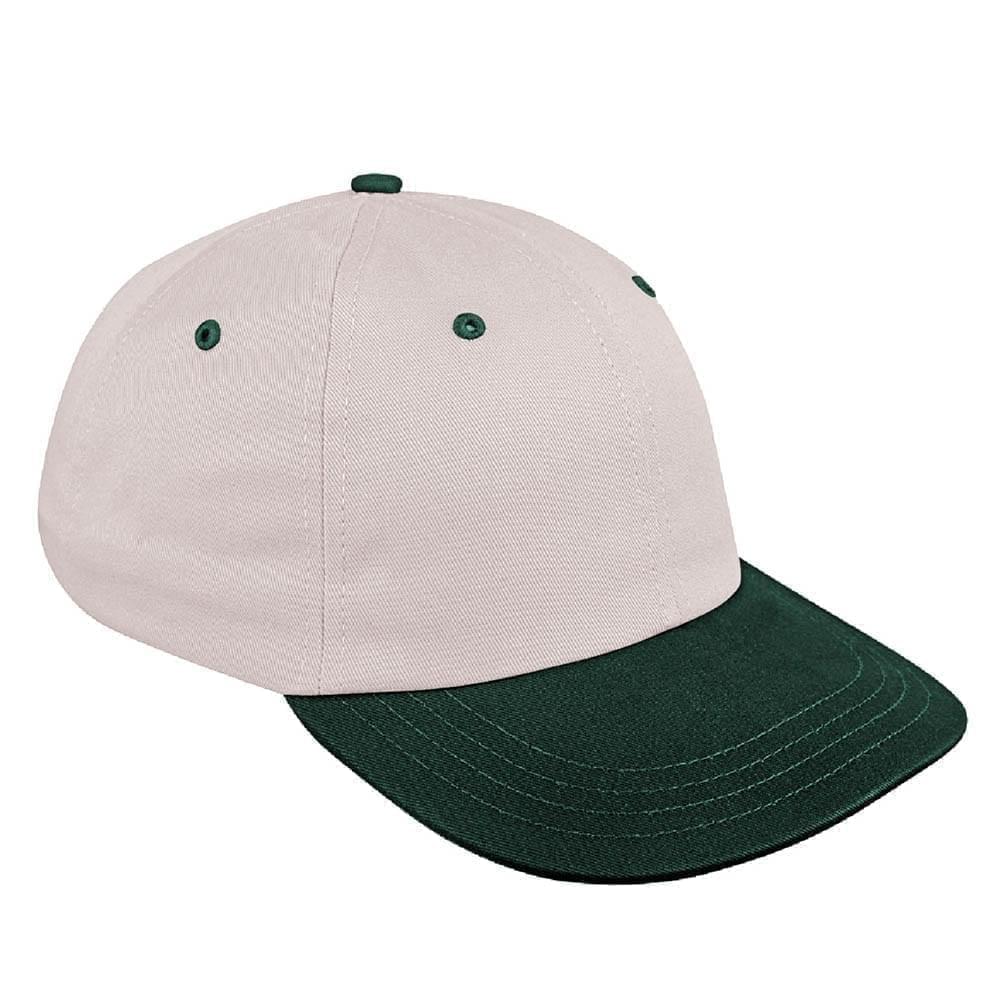 Dad Caps
Dad Caps
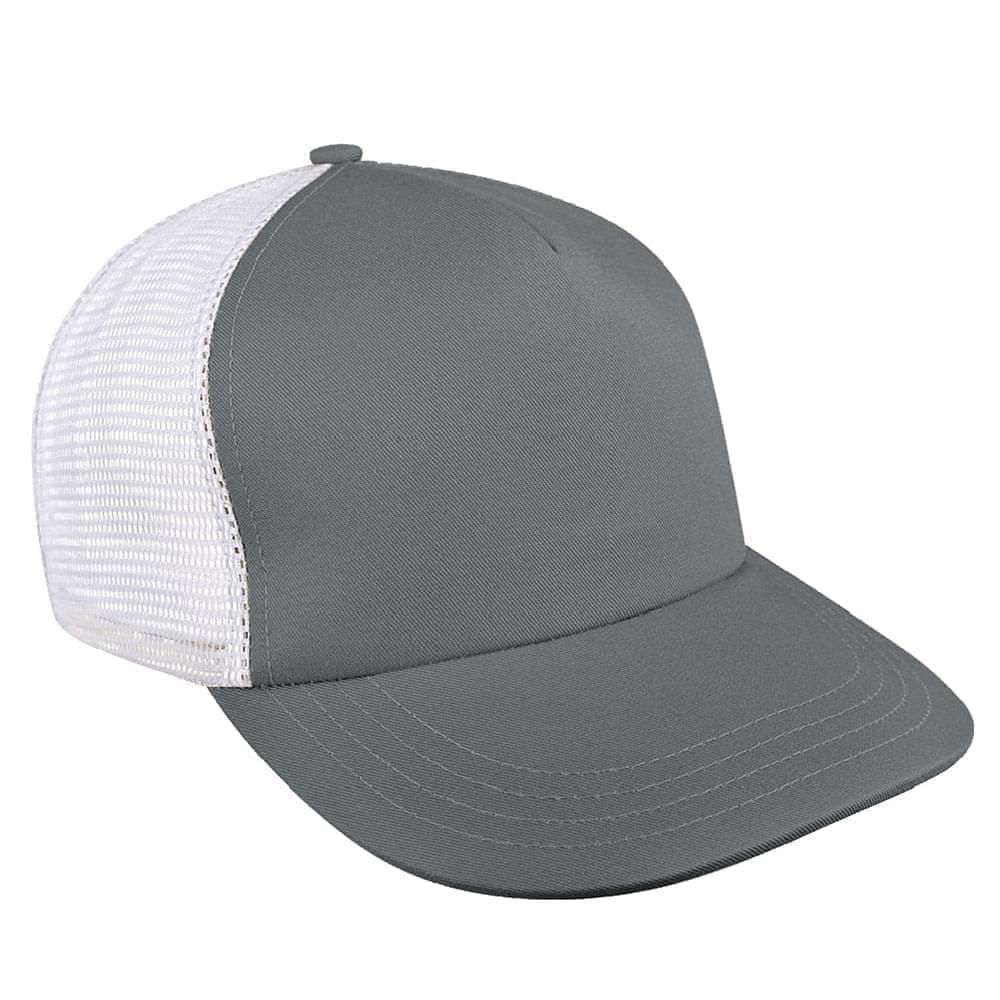 Five Panel Hats
Five Panel Hats
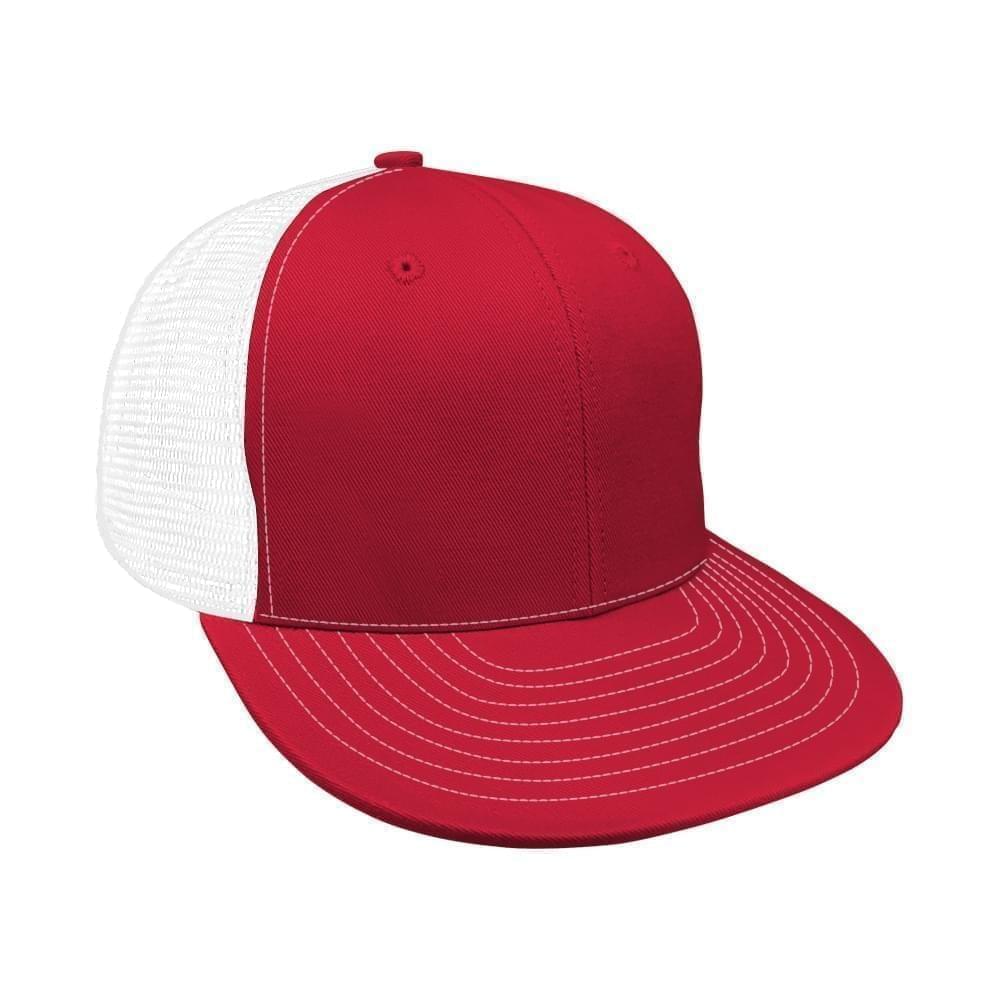 Mesh Back Hats
Mesh Back Hats
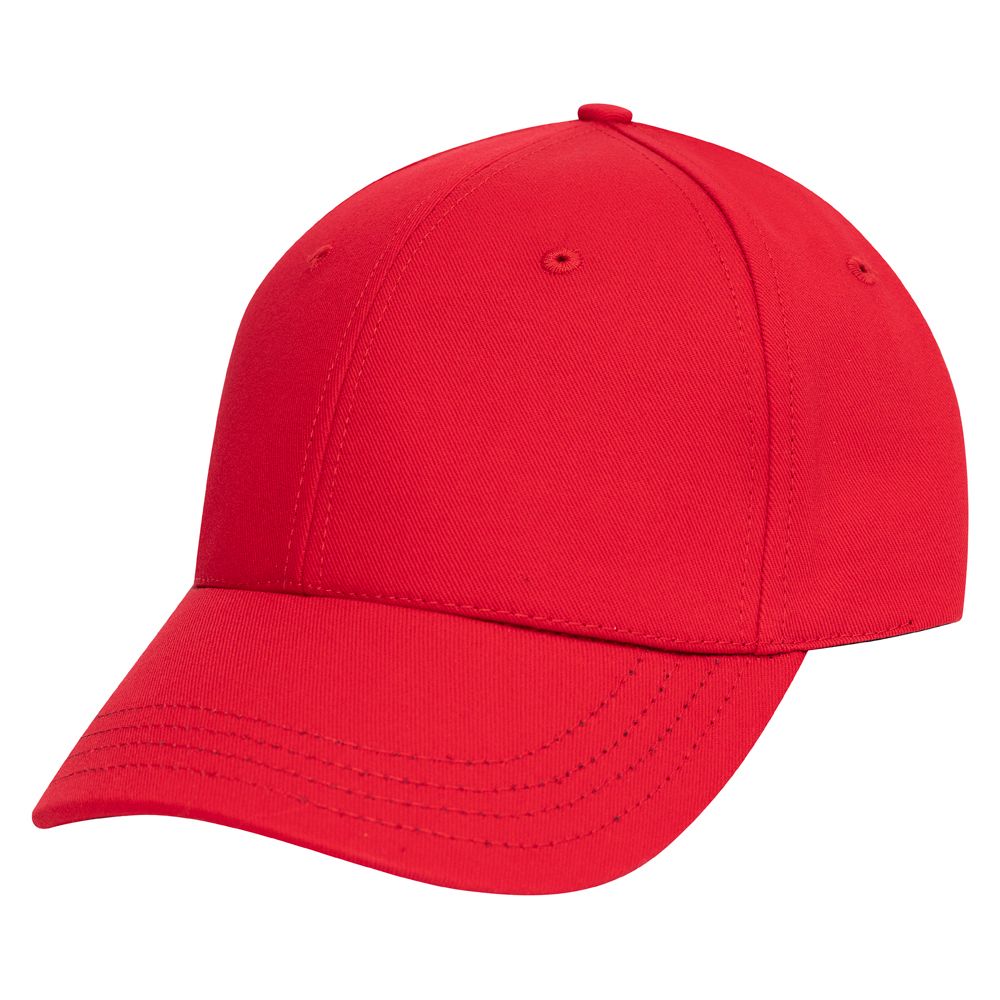 In Stock Blanks
In Stock Blanks
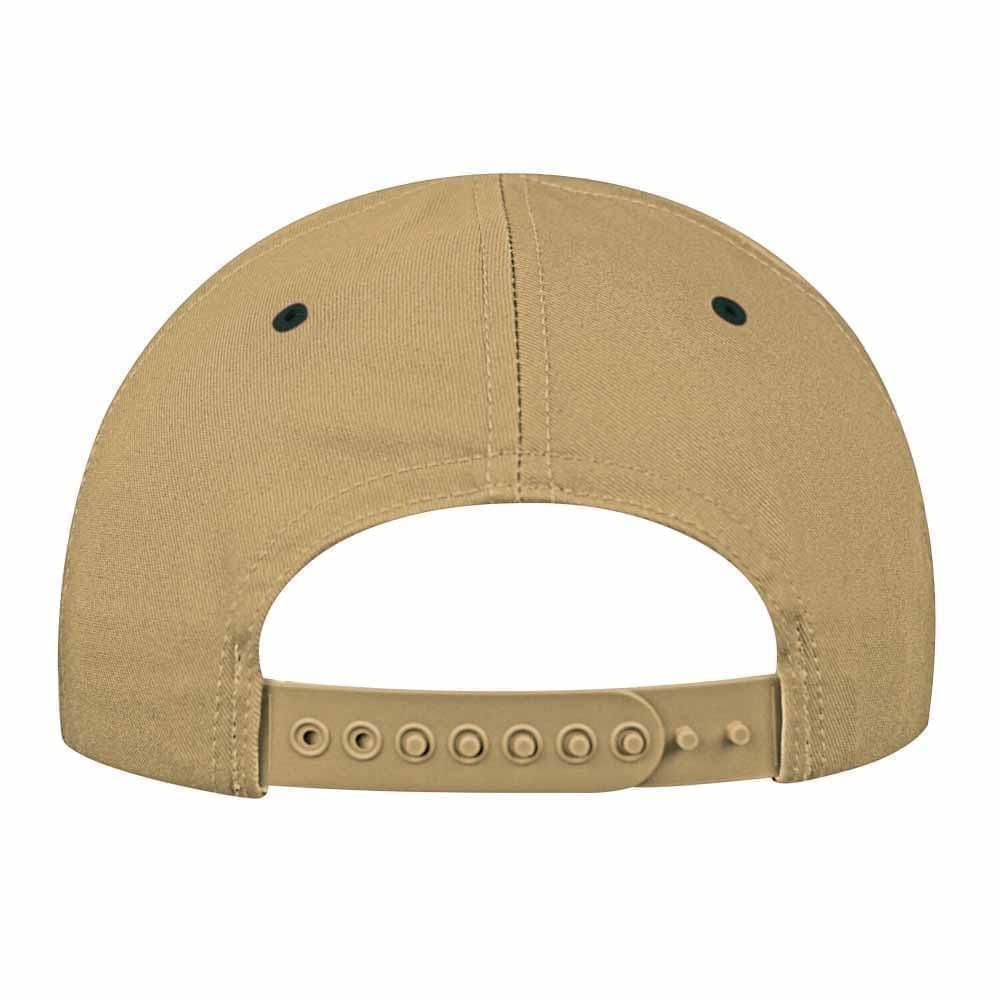 Snapback Hats
Snapback Hats
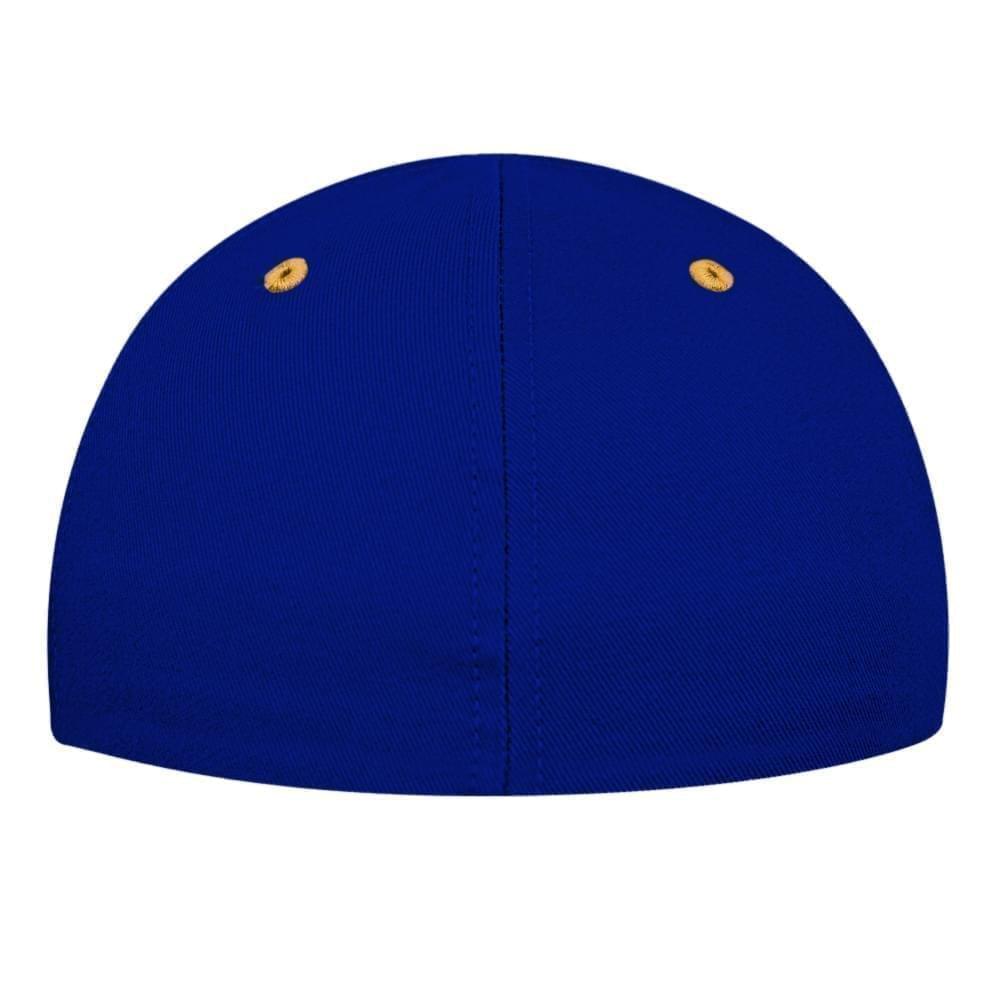 Stretchfit Hats
Stretchfit Hats
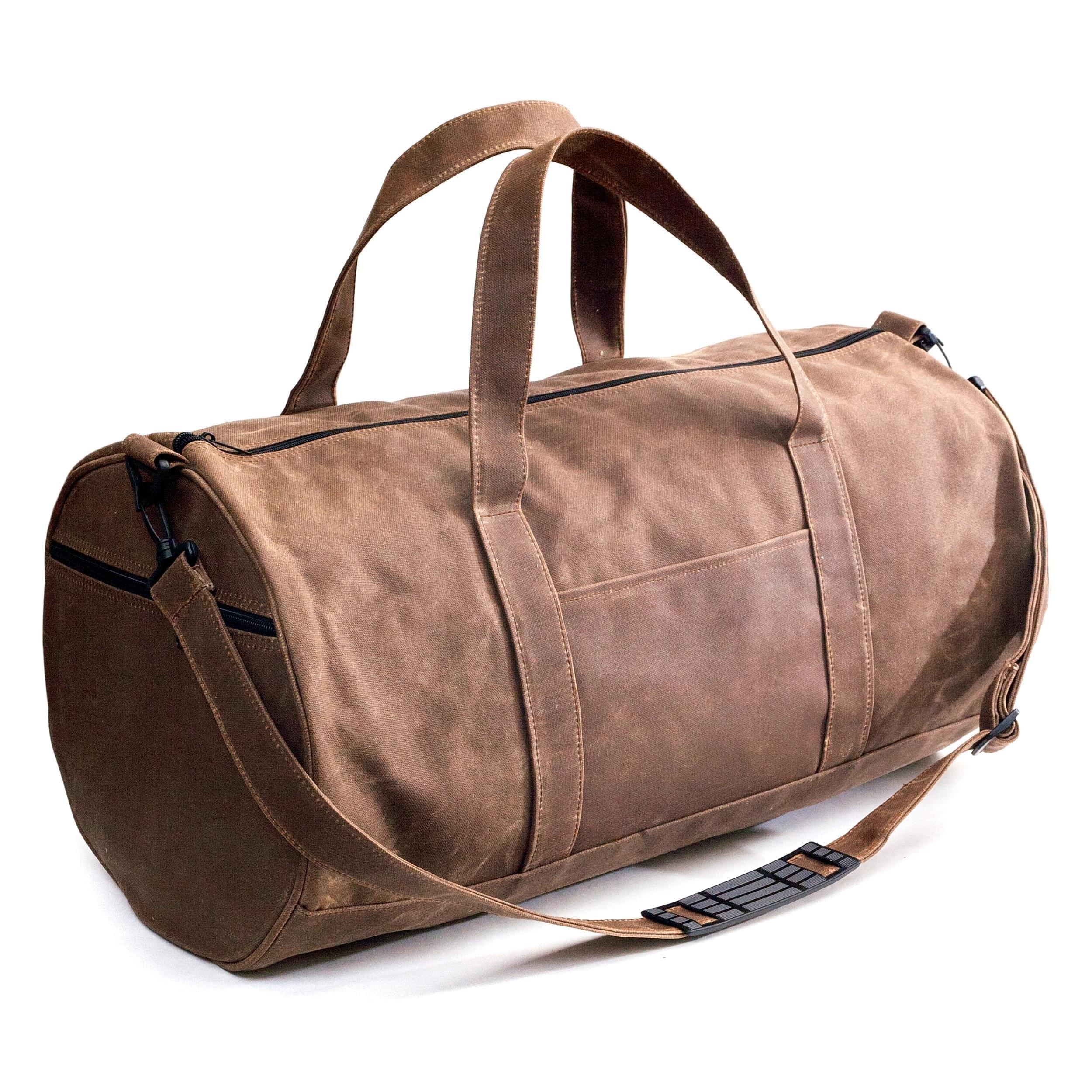 Duffel Bags
Duffel Bags
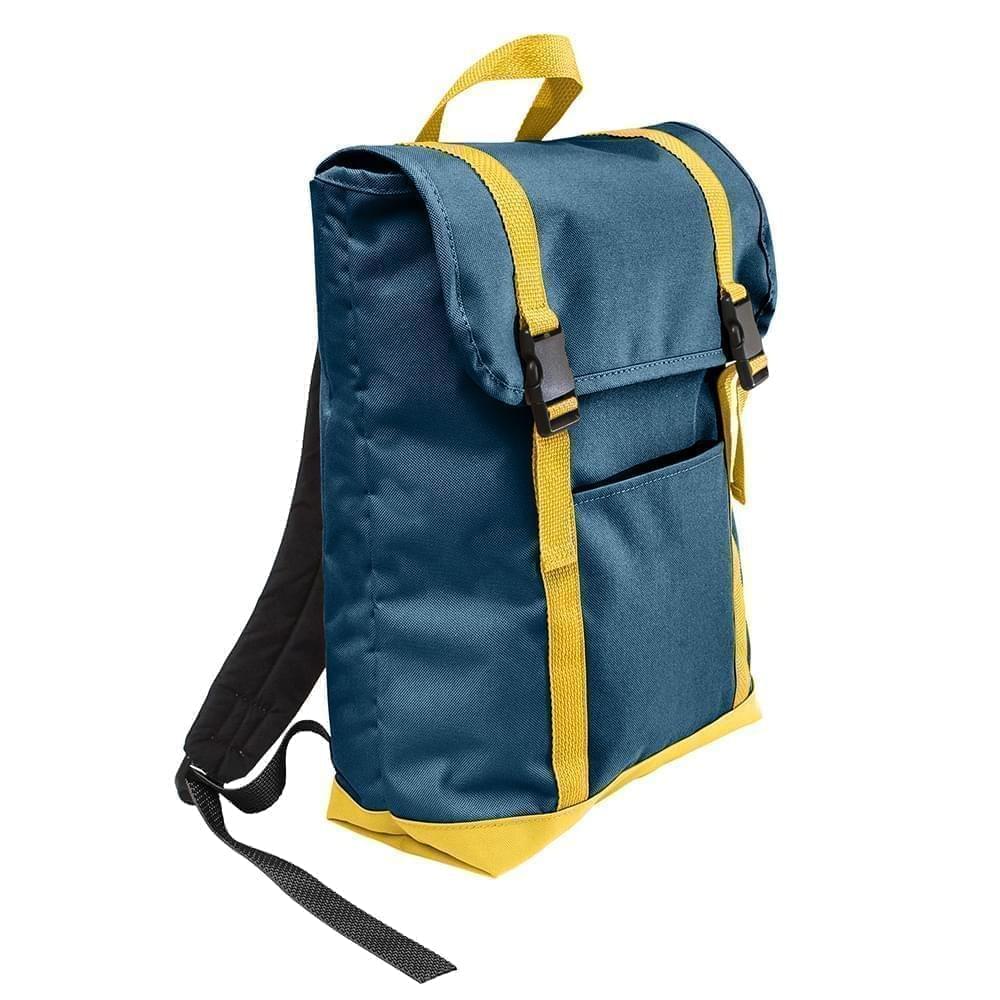 Backpacks
Backpacks
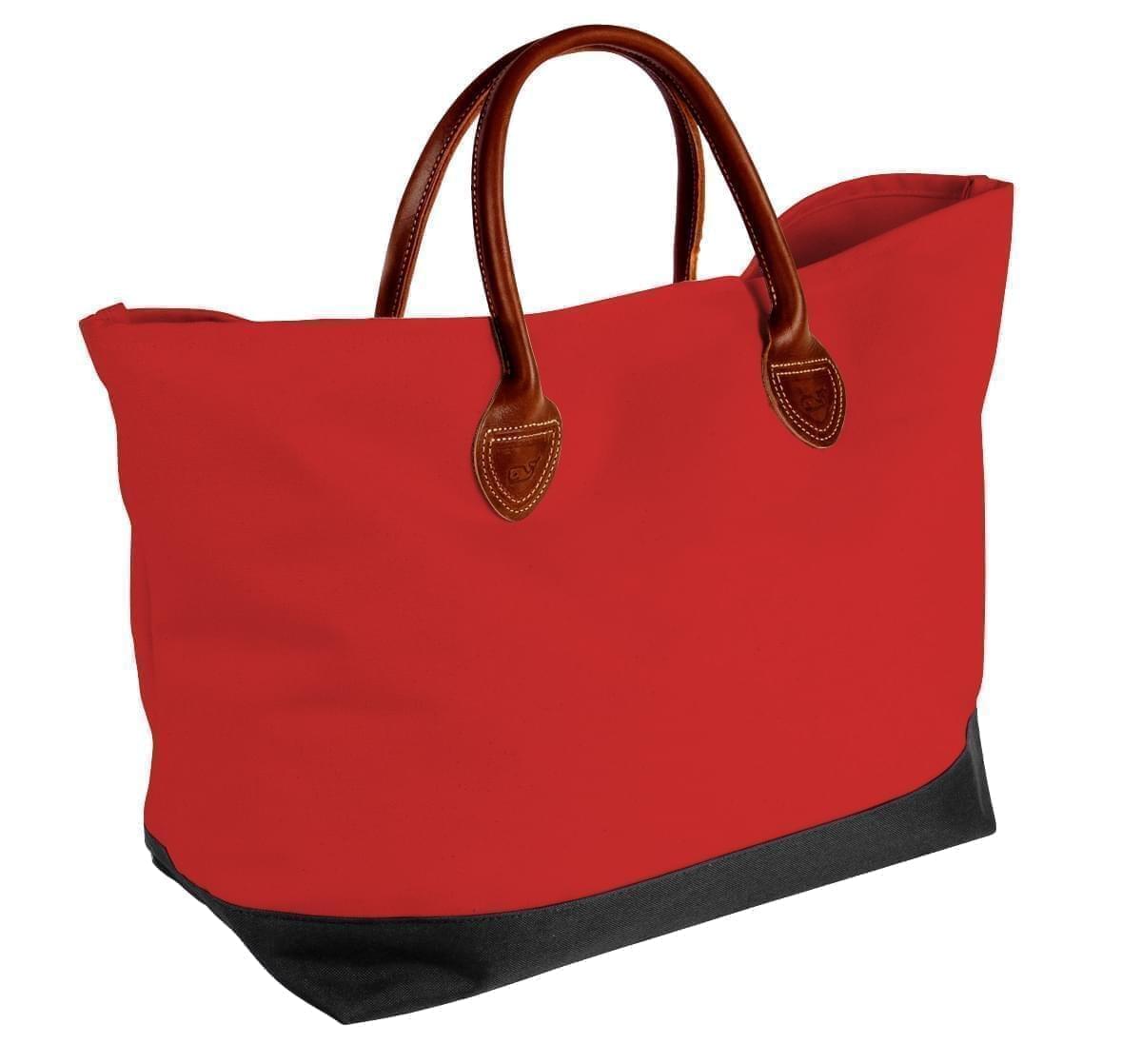 Tote Bags
Tote Bags
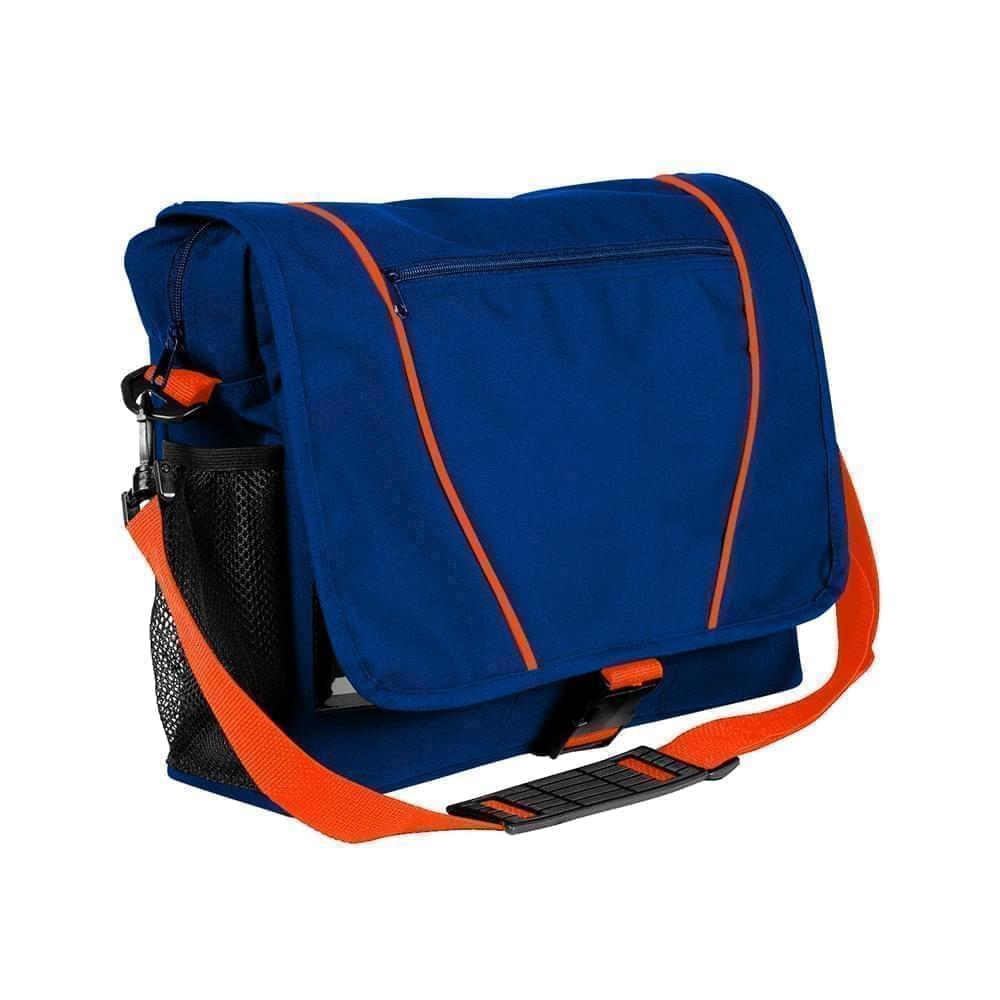 Computer Bags
Computer Bags
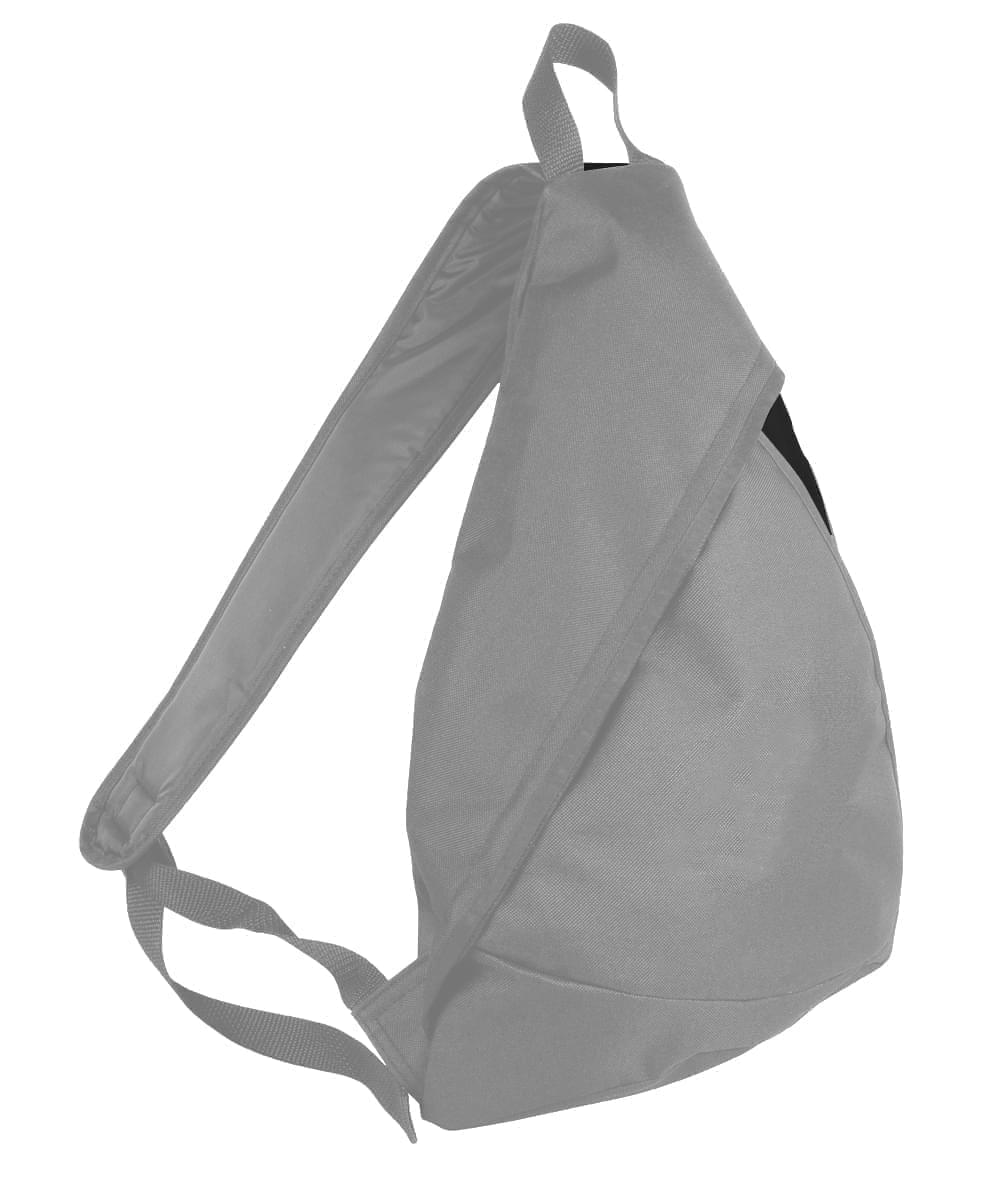 Sling Messenger Bags
Sling Messenger Bags
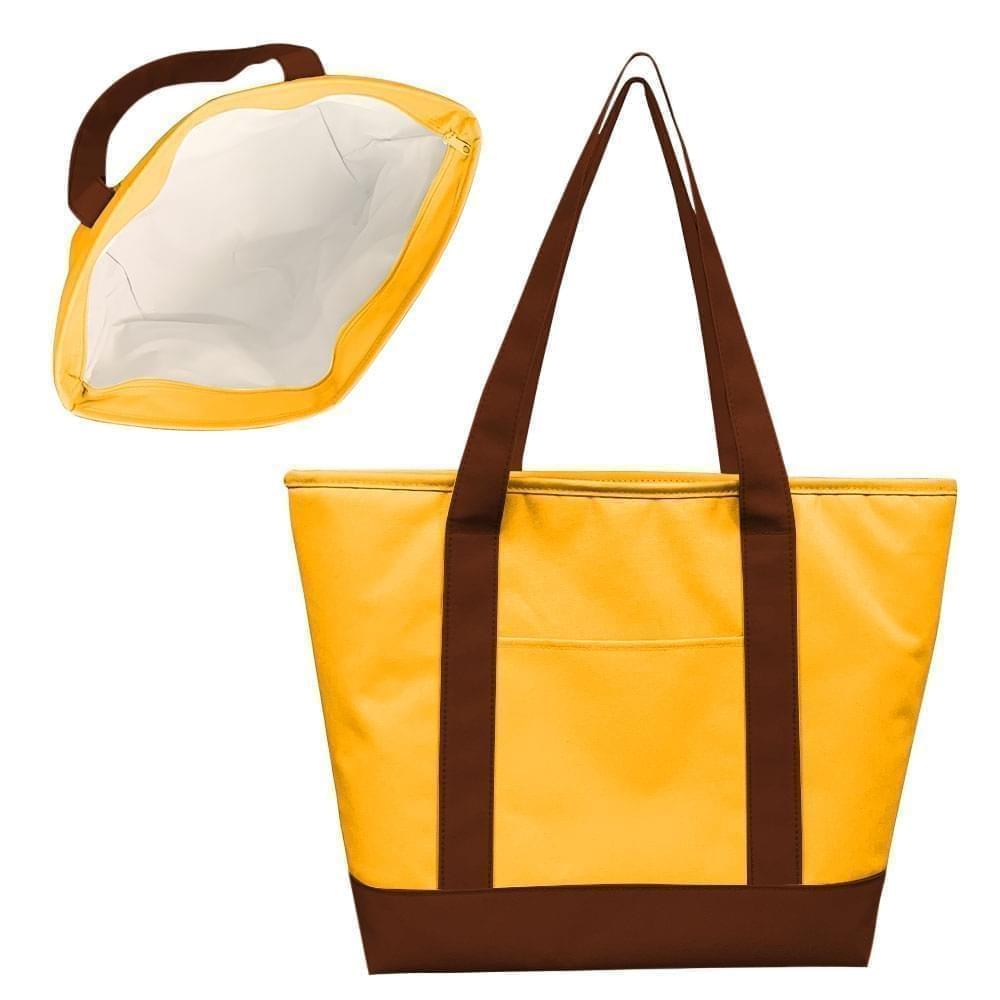 Cooler Bags
Cooler Bags
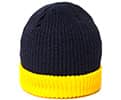 Cuff Hats
Cuff Hats
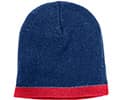 Beanies
Beanies
 Scarves
Scarves
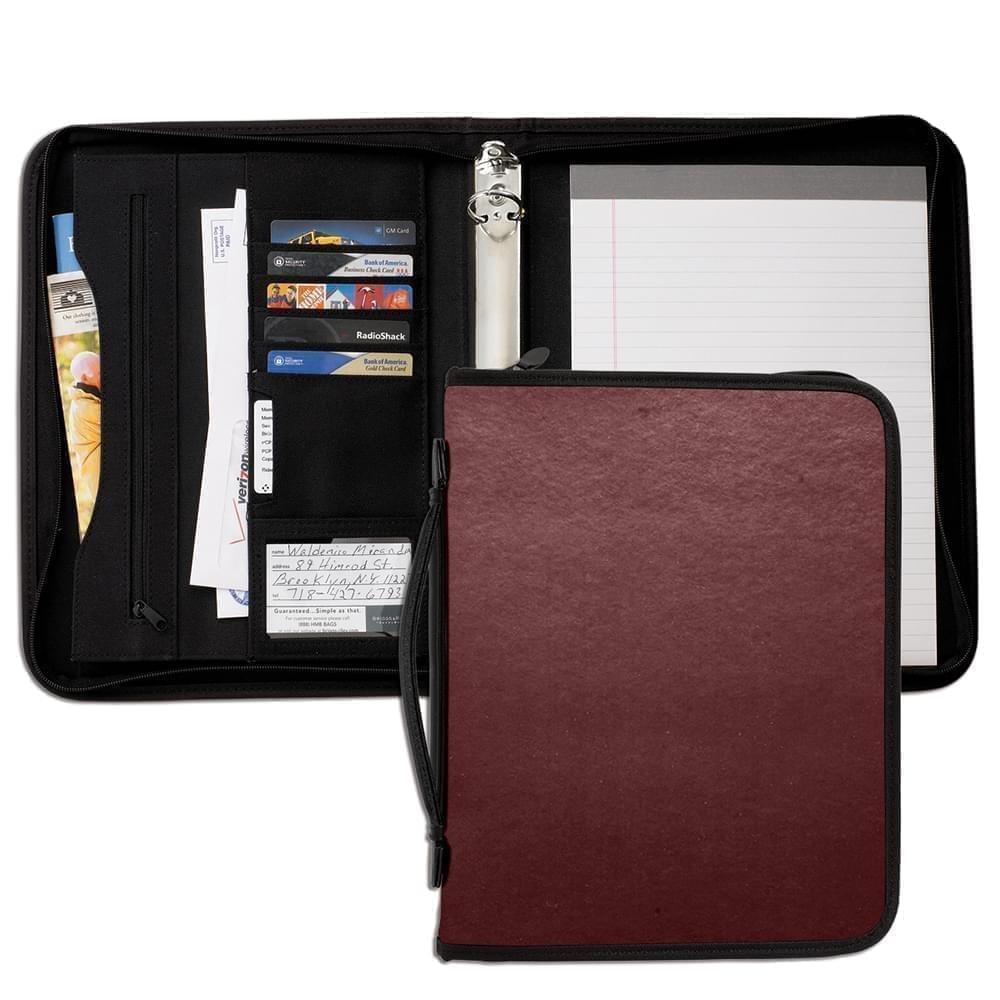 Zipper Folders
Zipper Folders
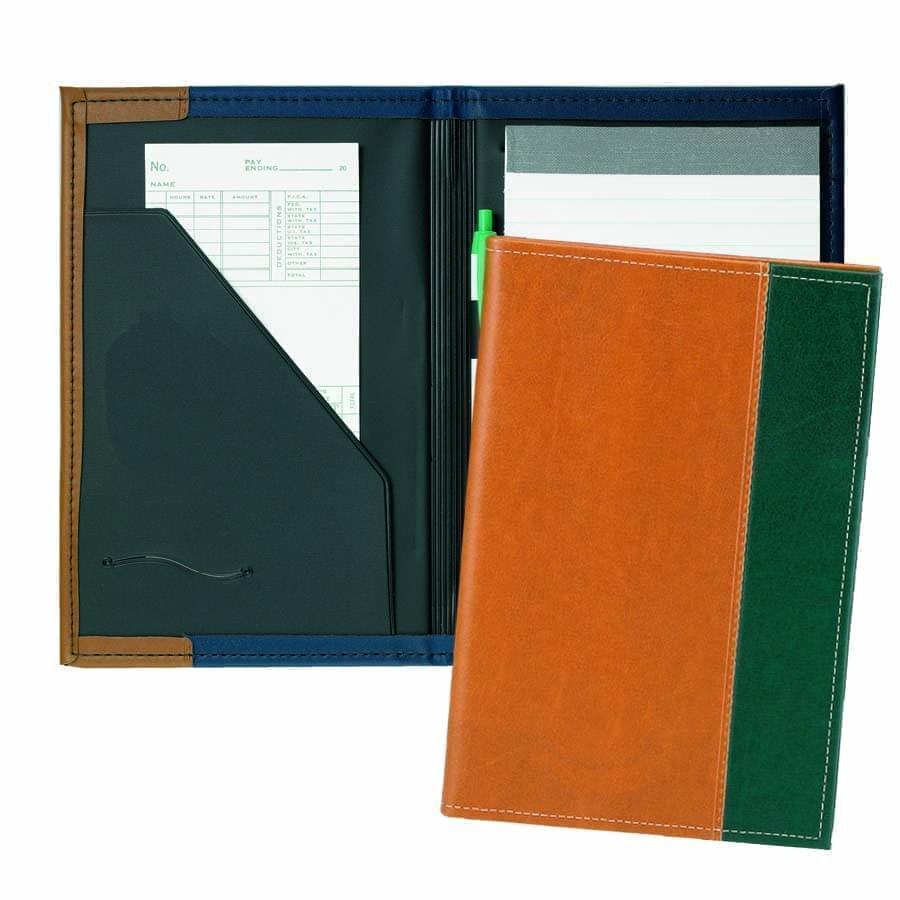 Stitched Folders
Stitched Folders
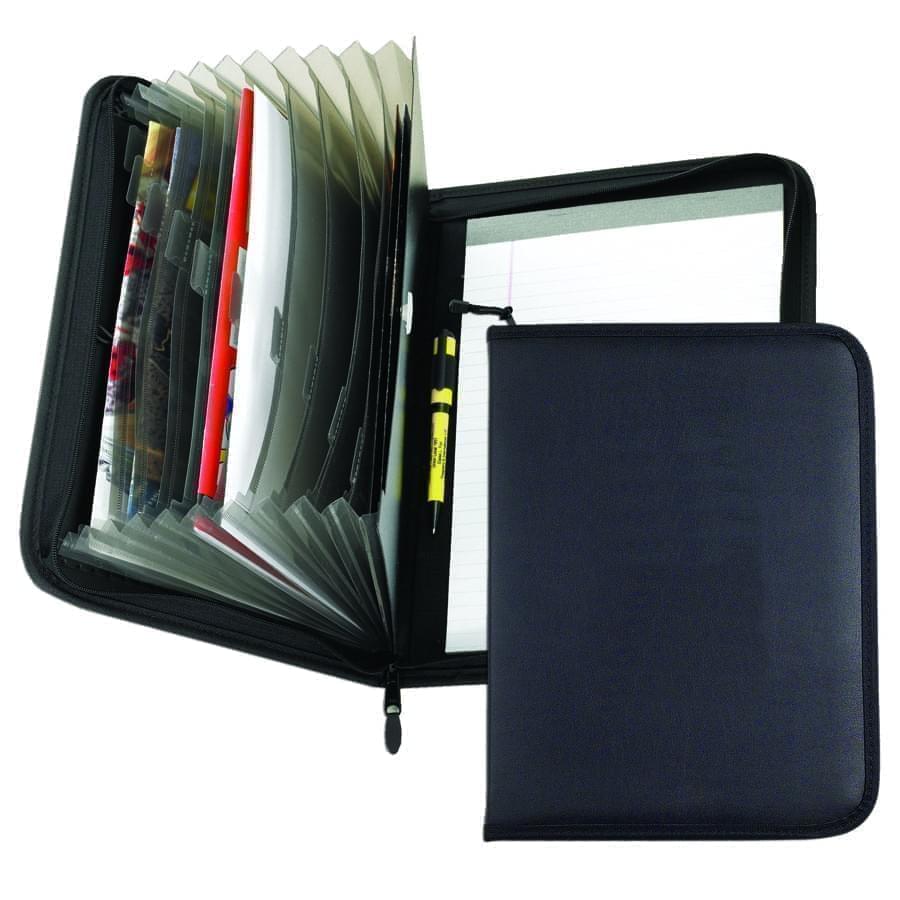 Accordion Folders
Accordion Folders
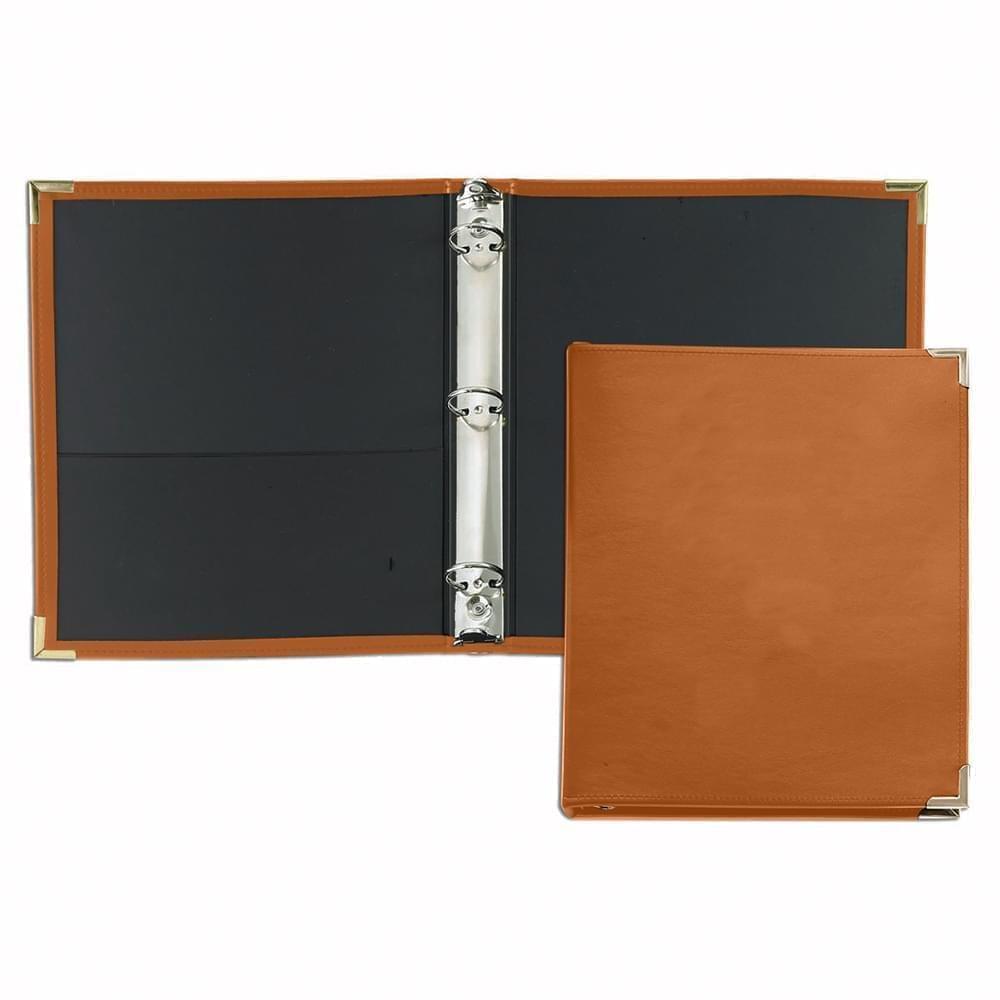 Ring Binders
Ring Binders
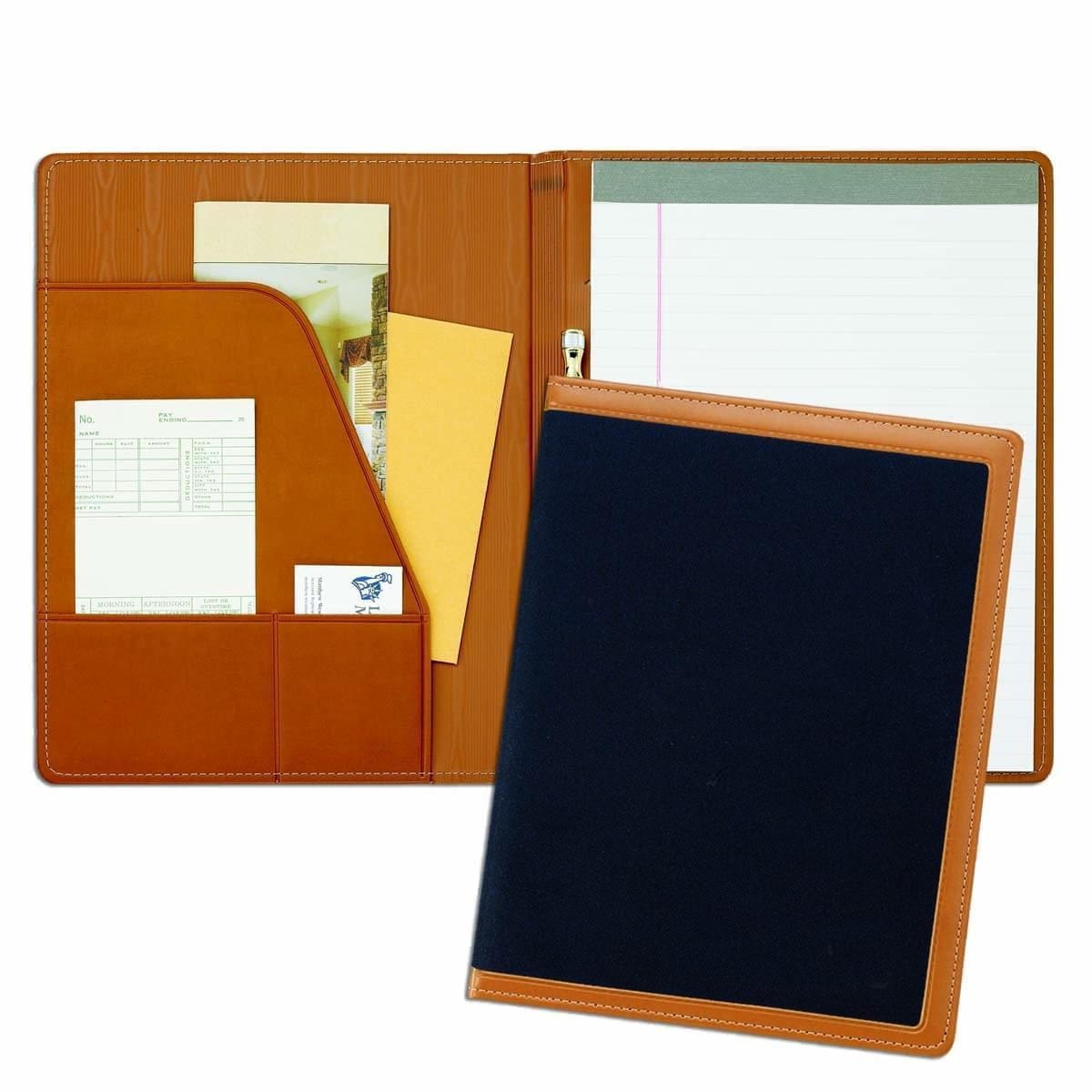 Letter Folders
Letter Folders
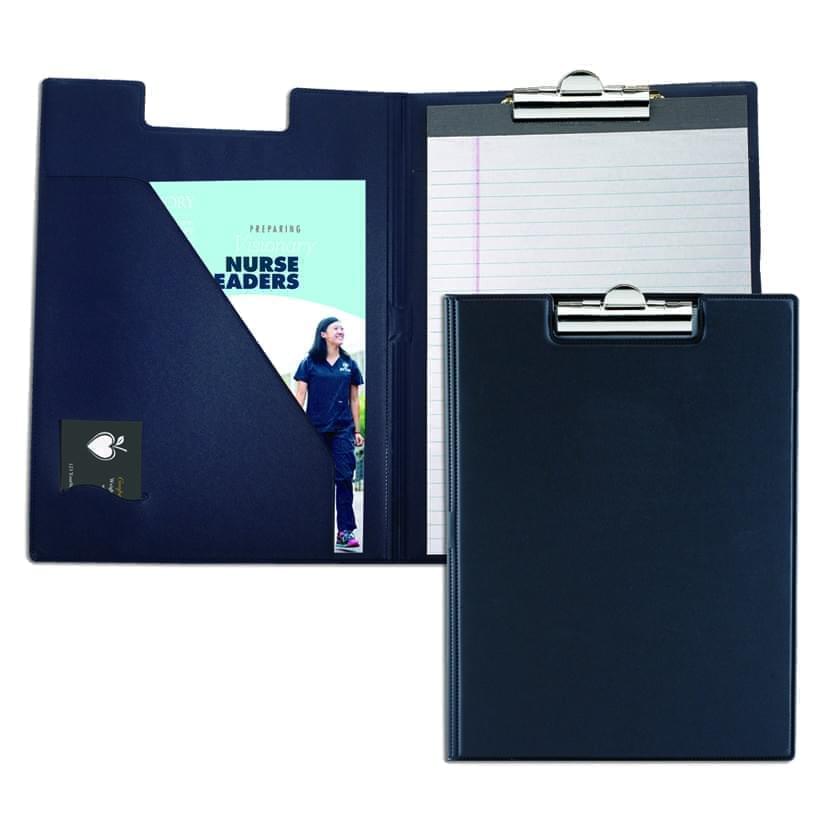 Clipboards
Clipboards
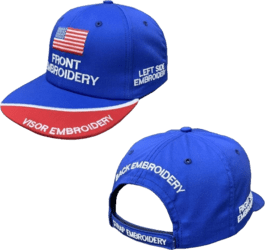
 Union Made In USA
Union Made In USA